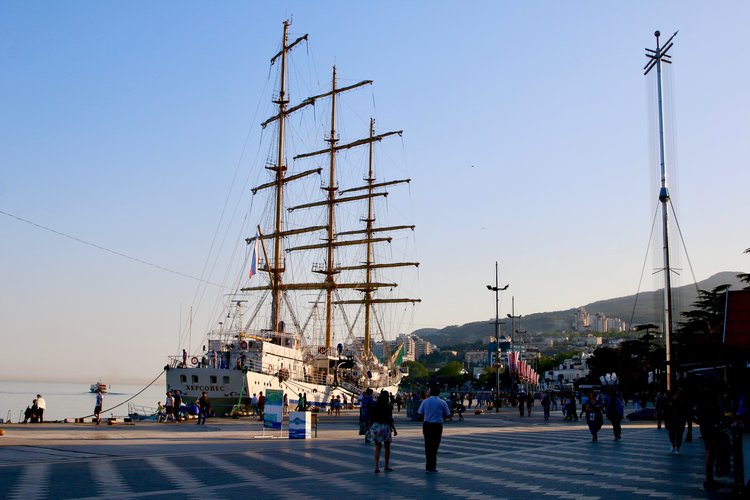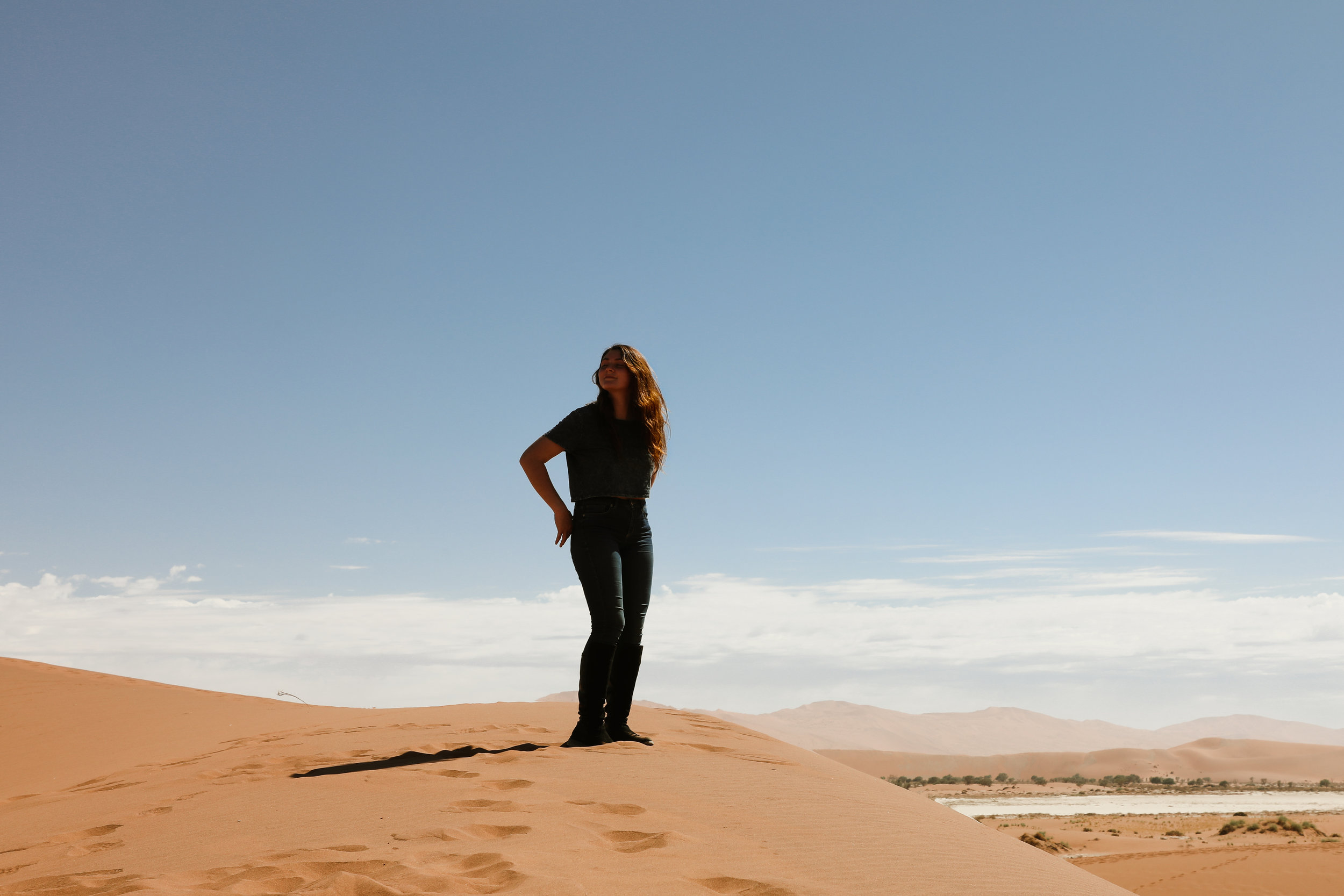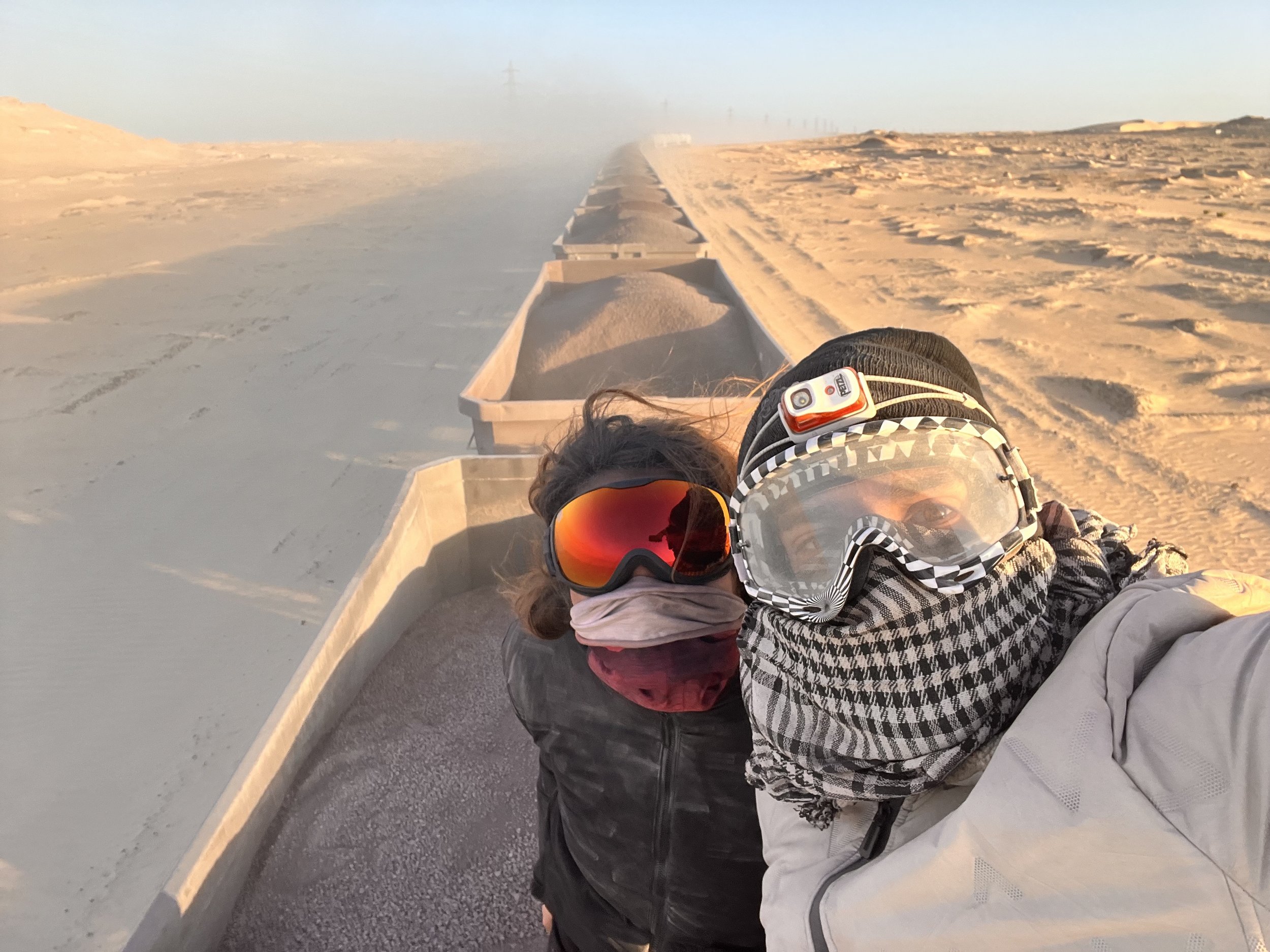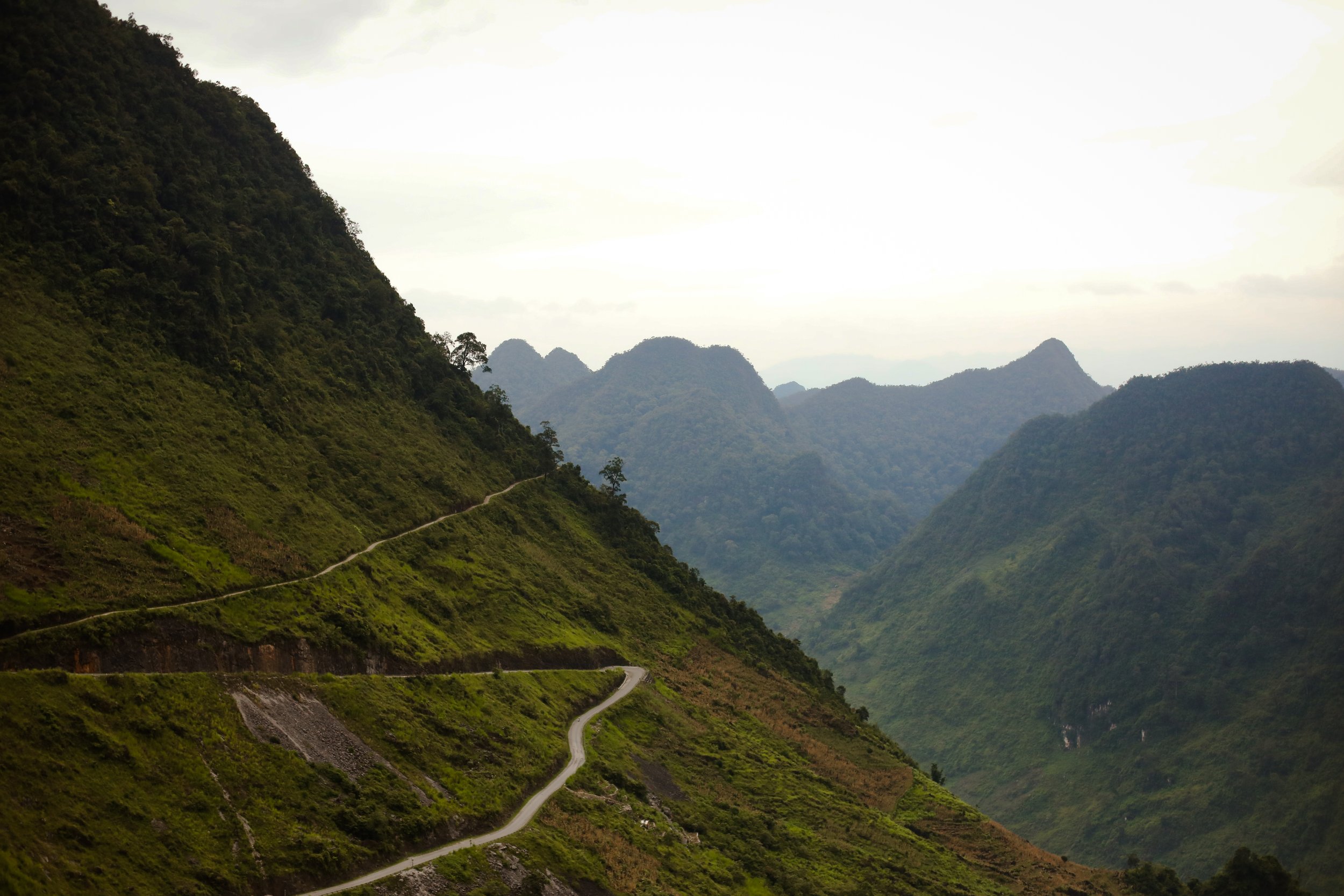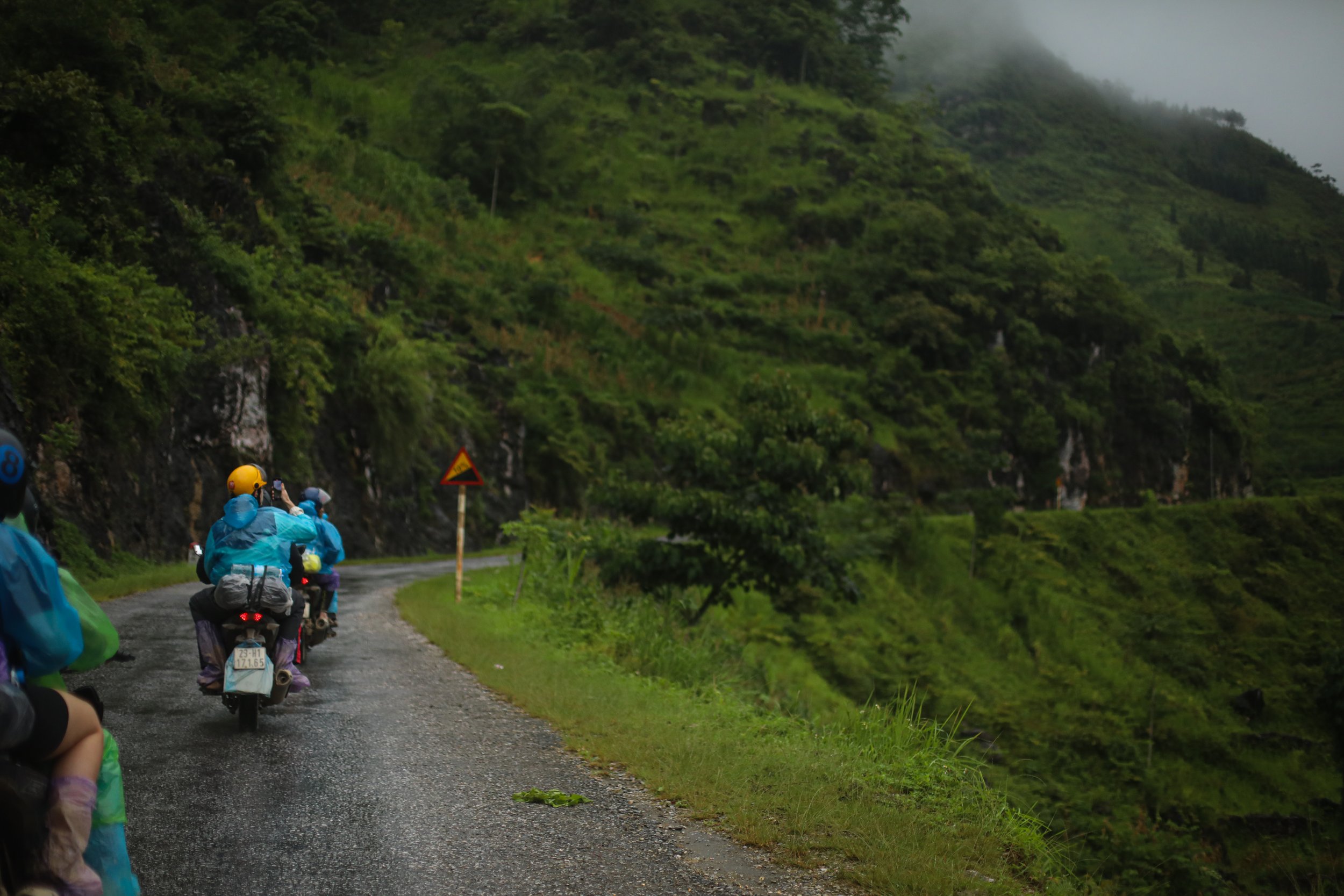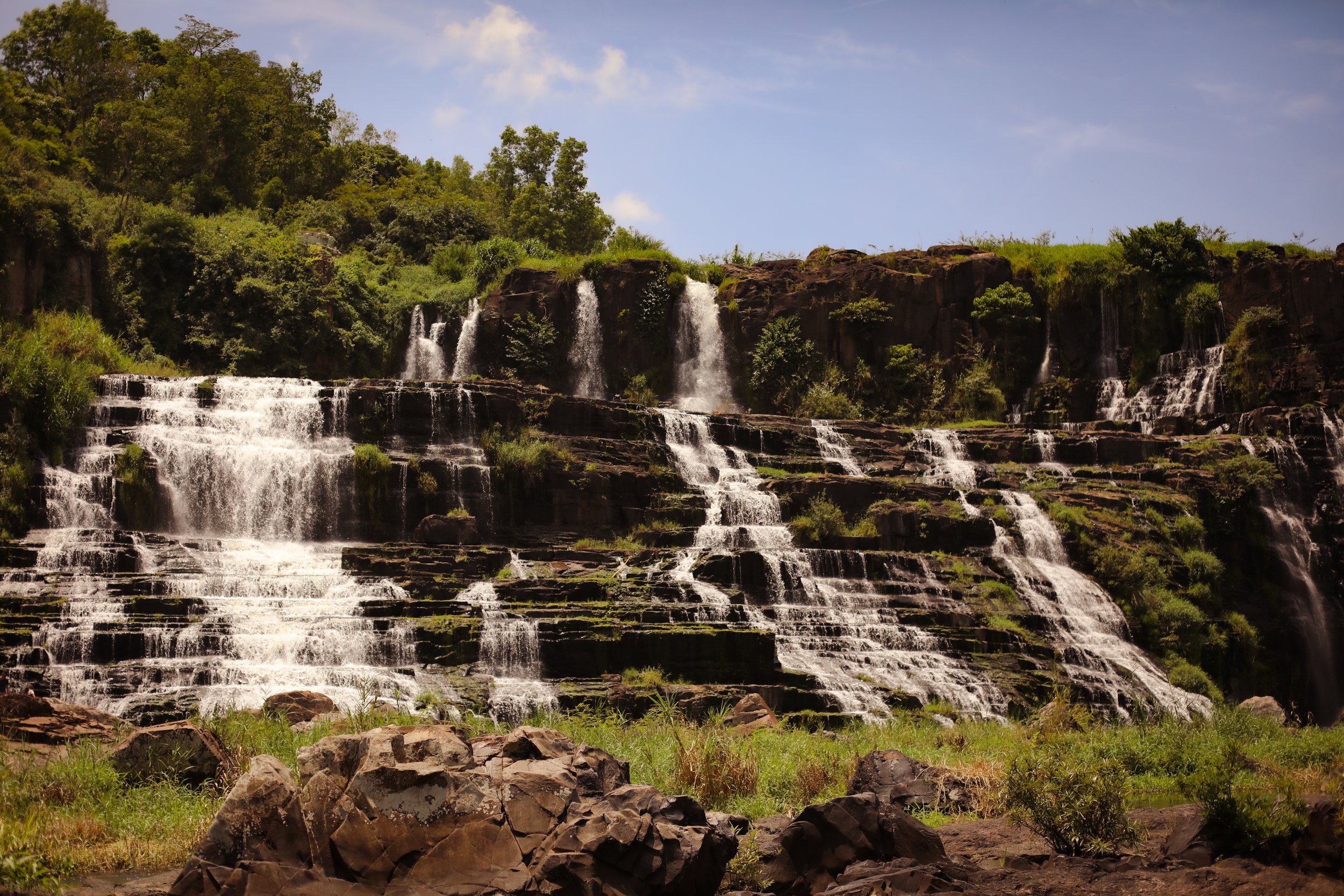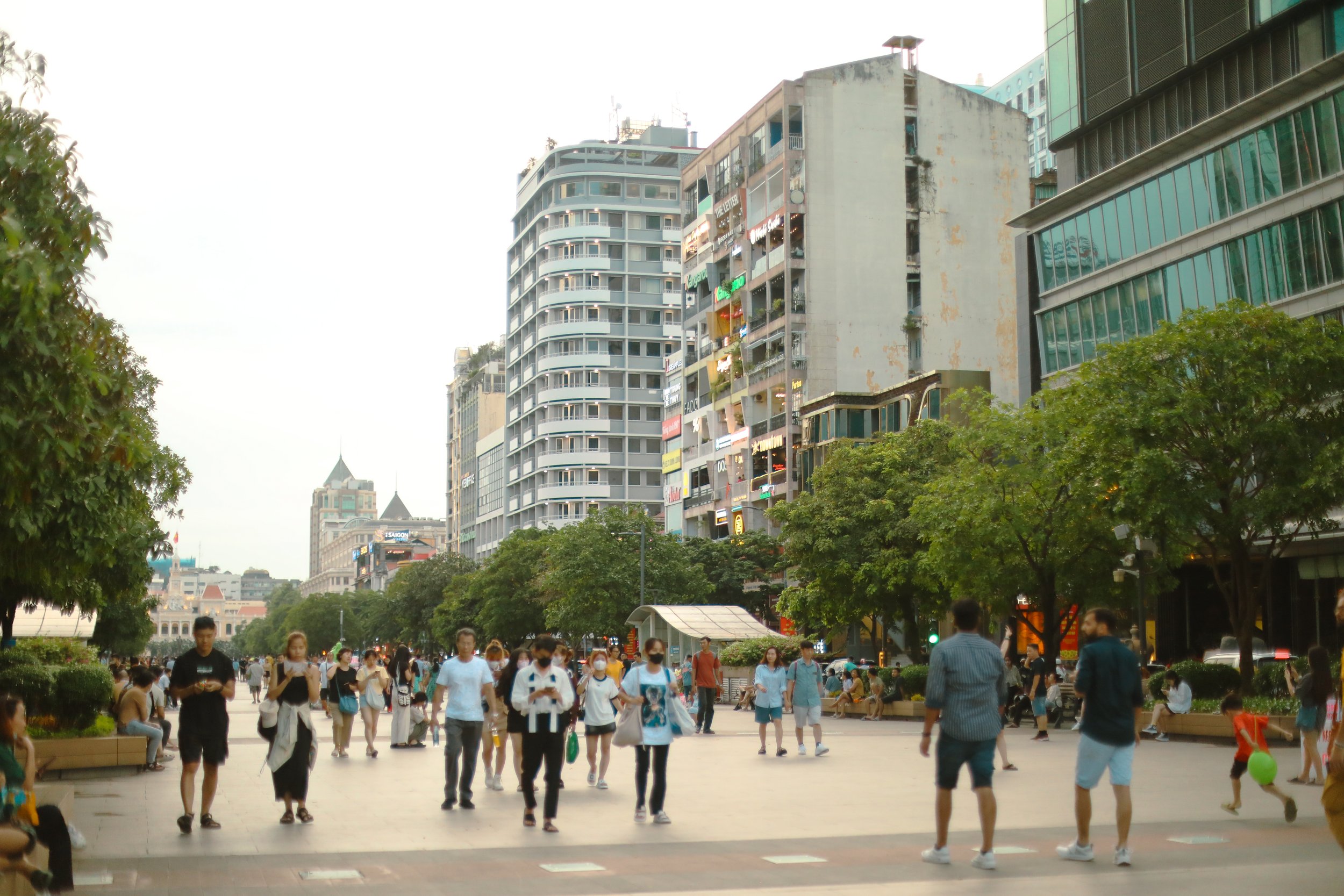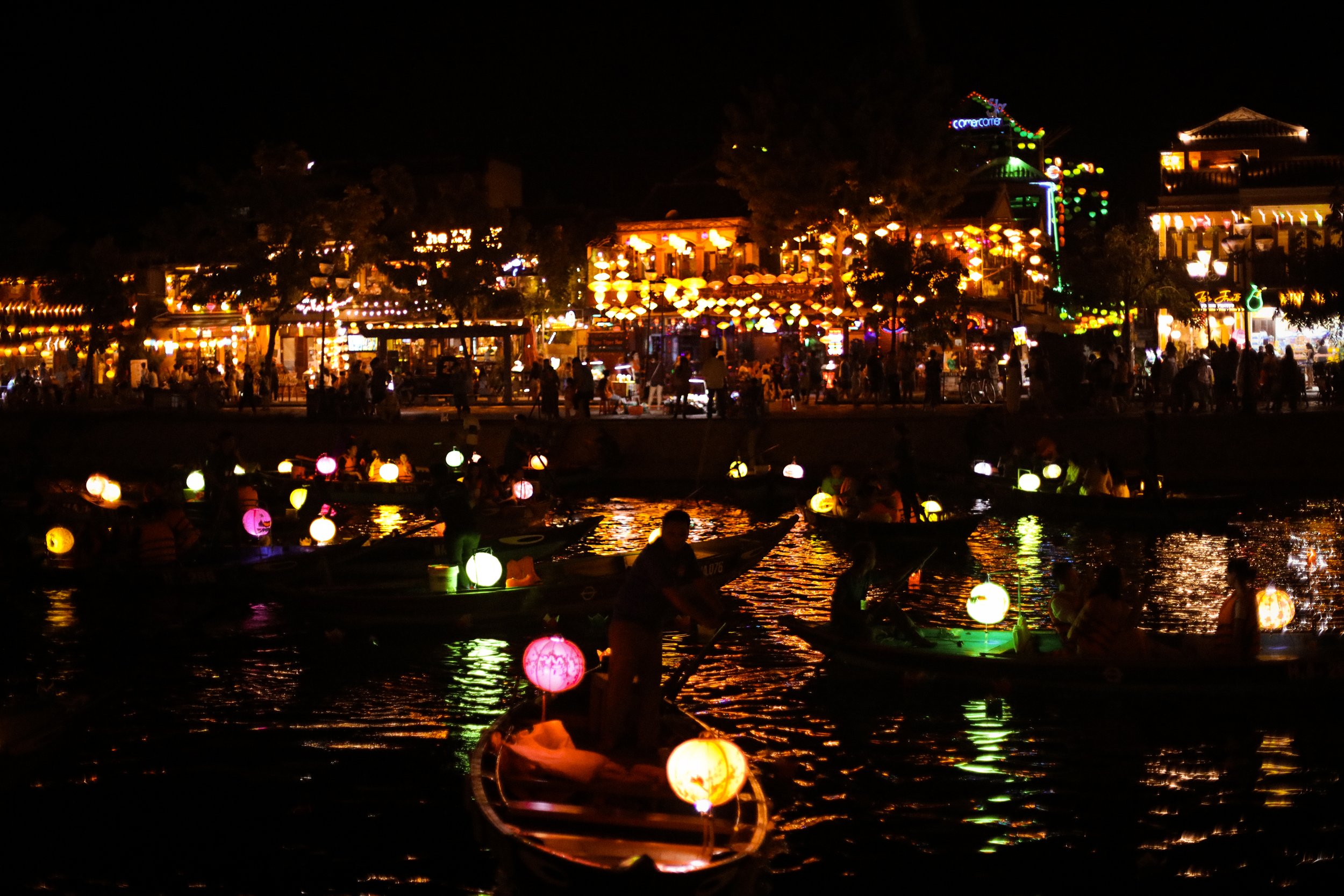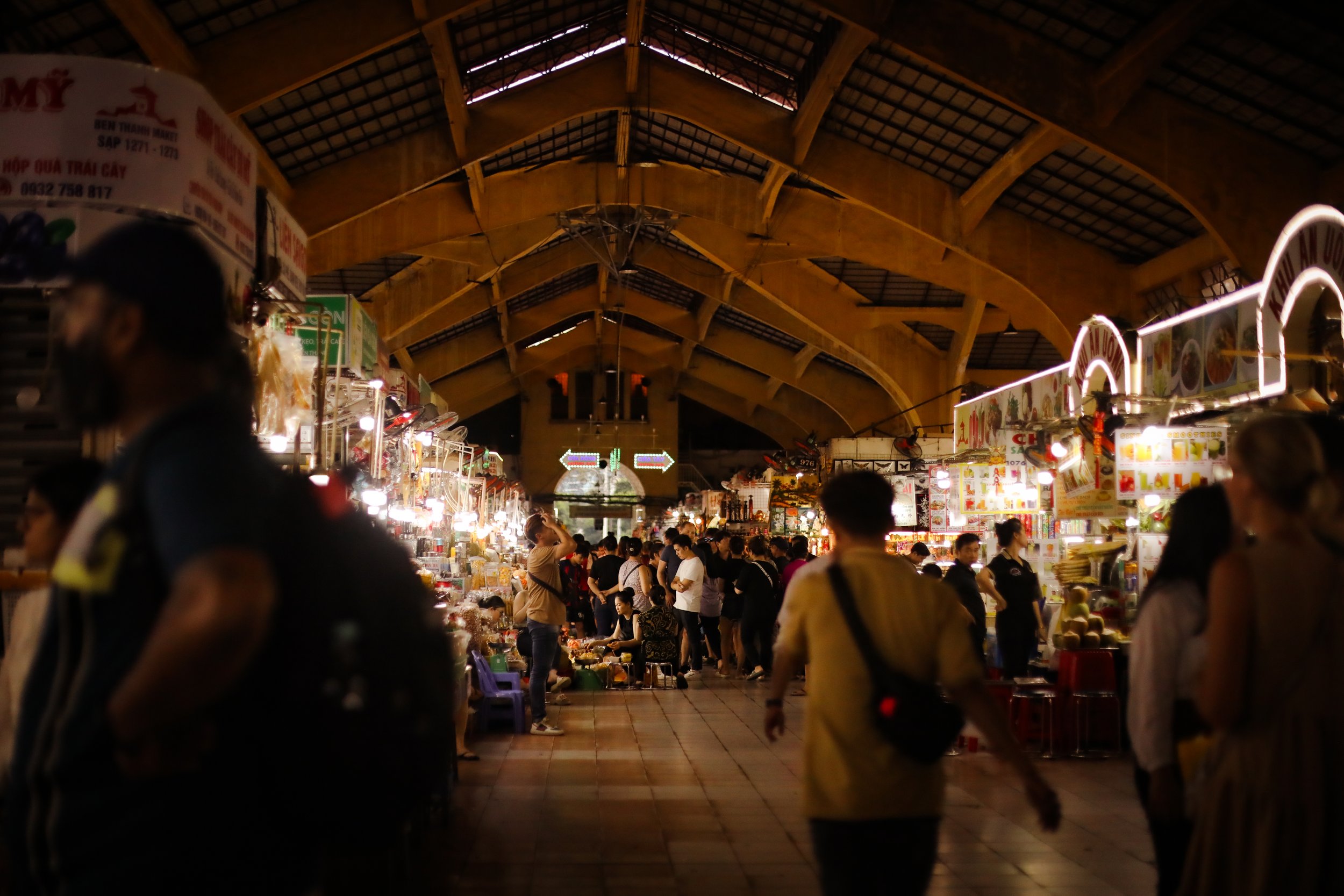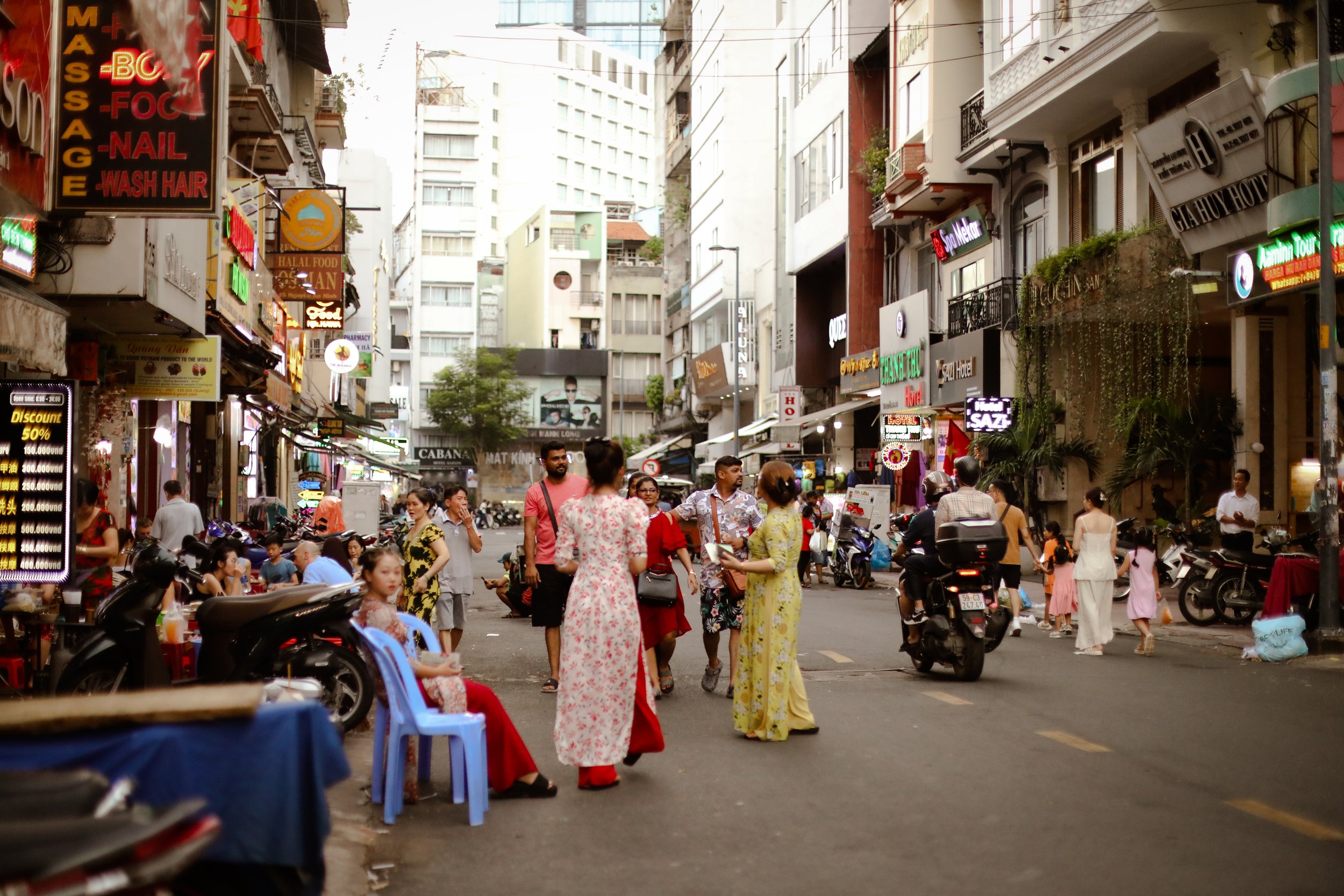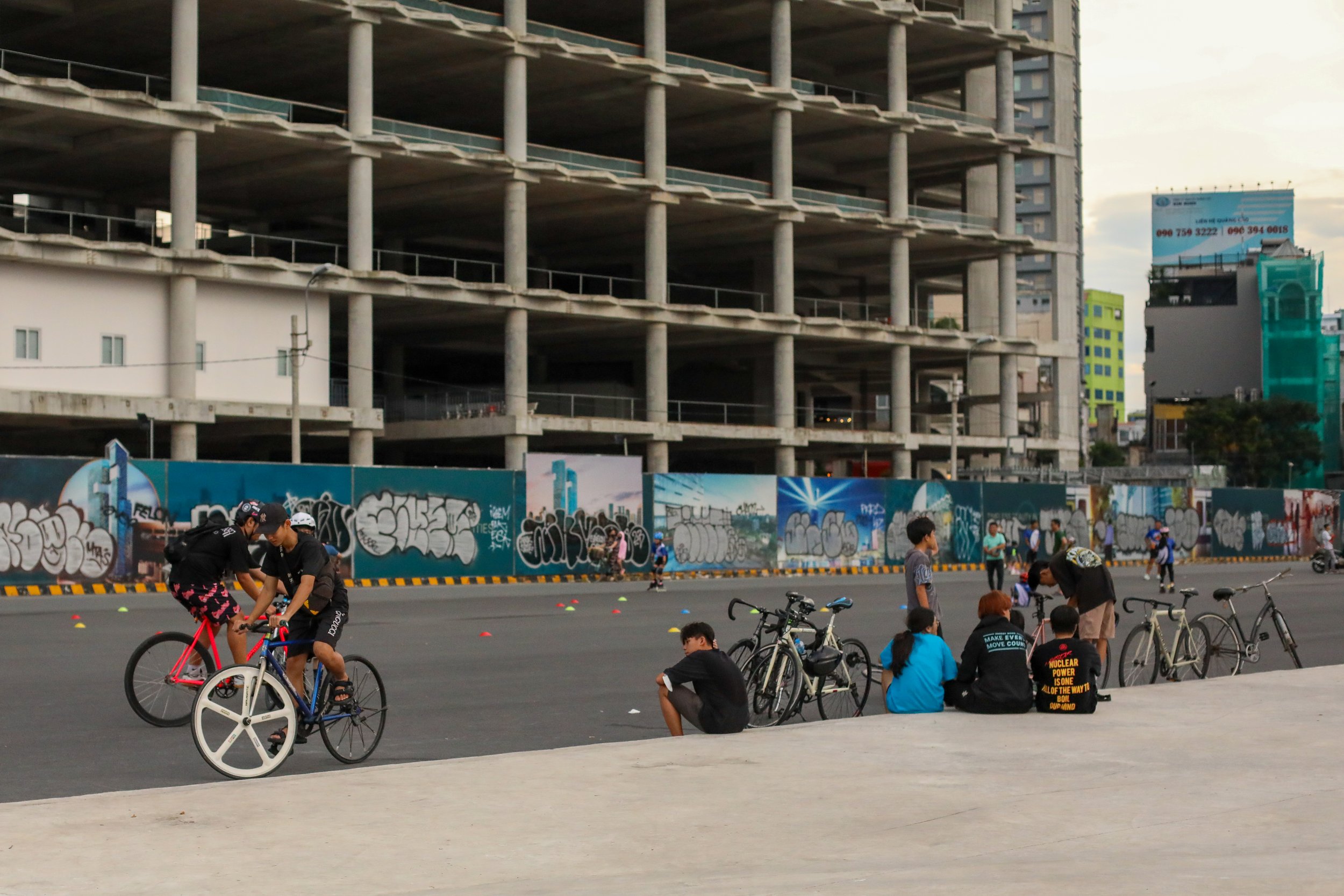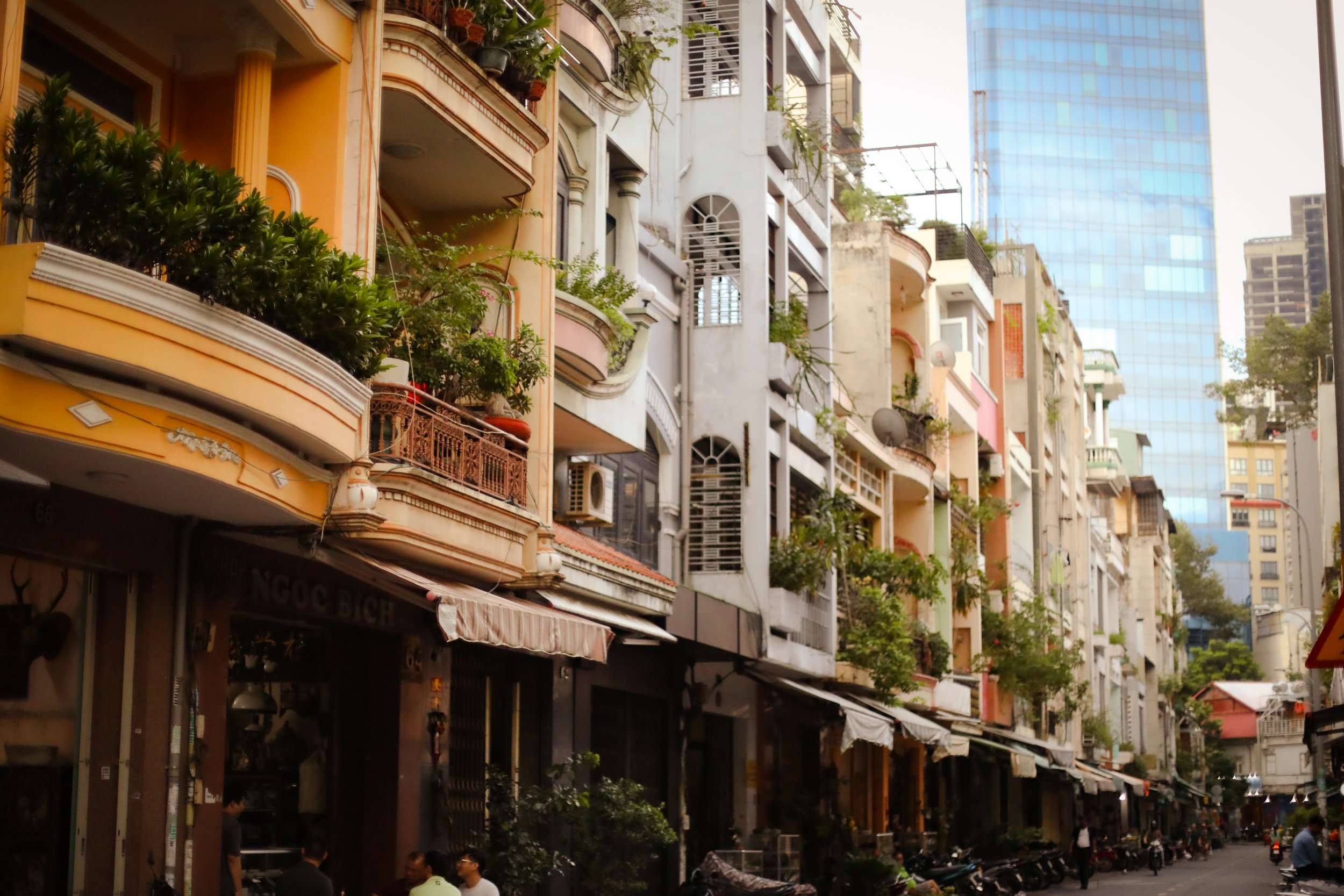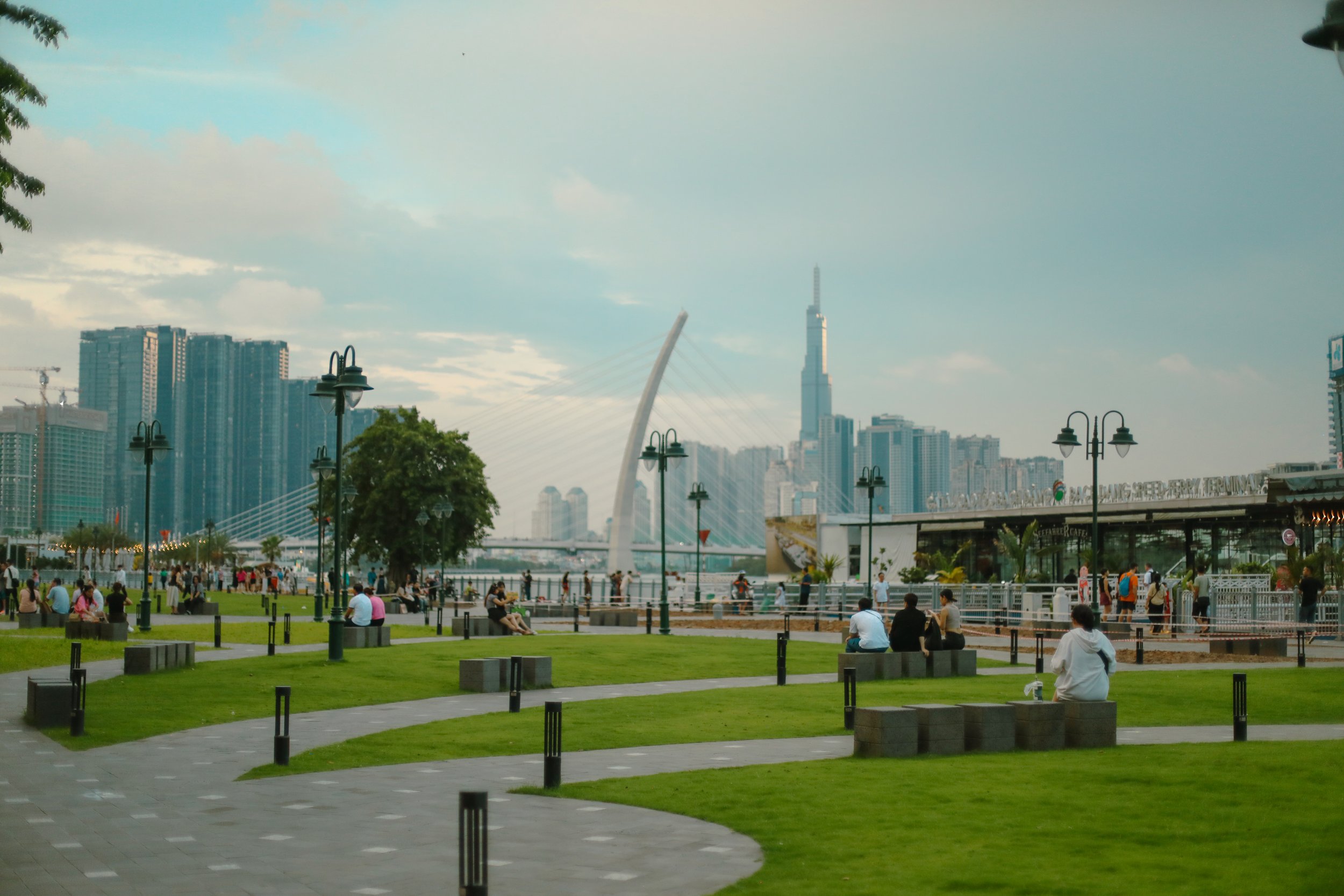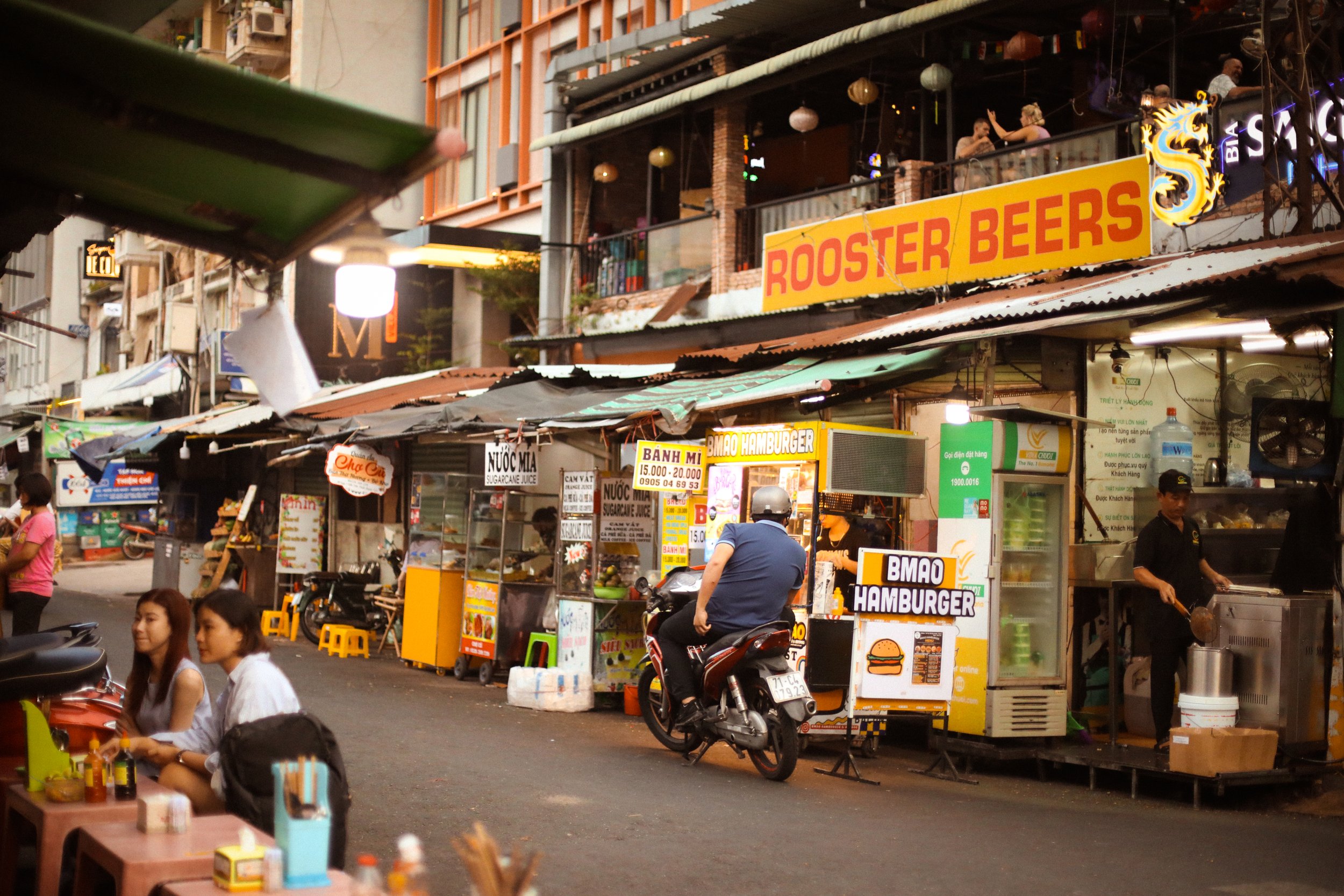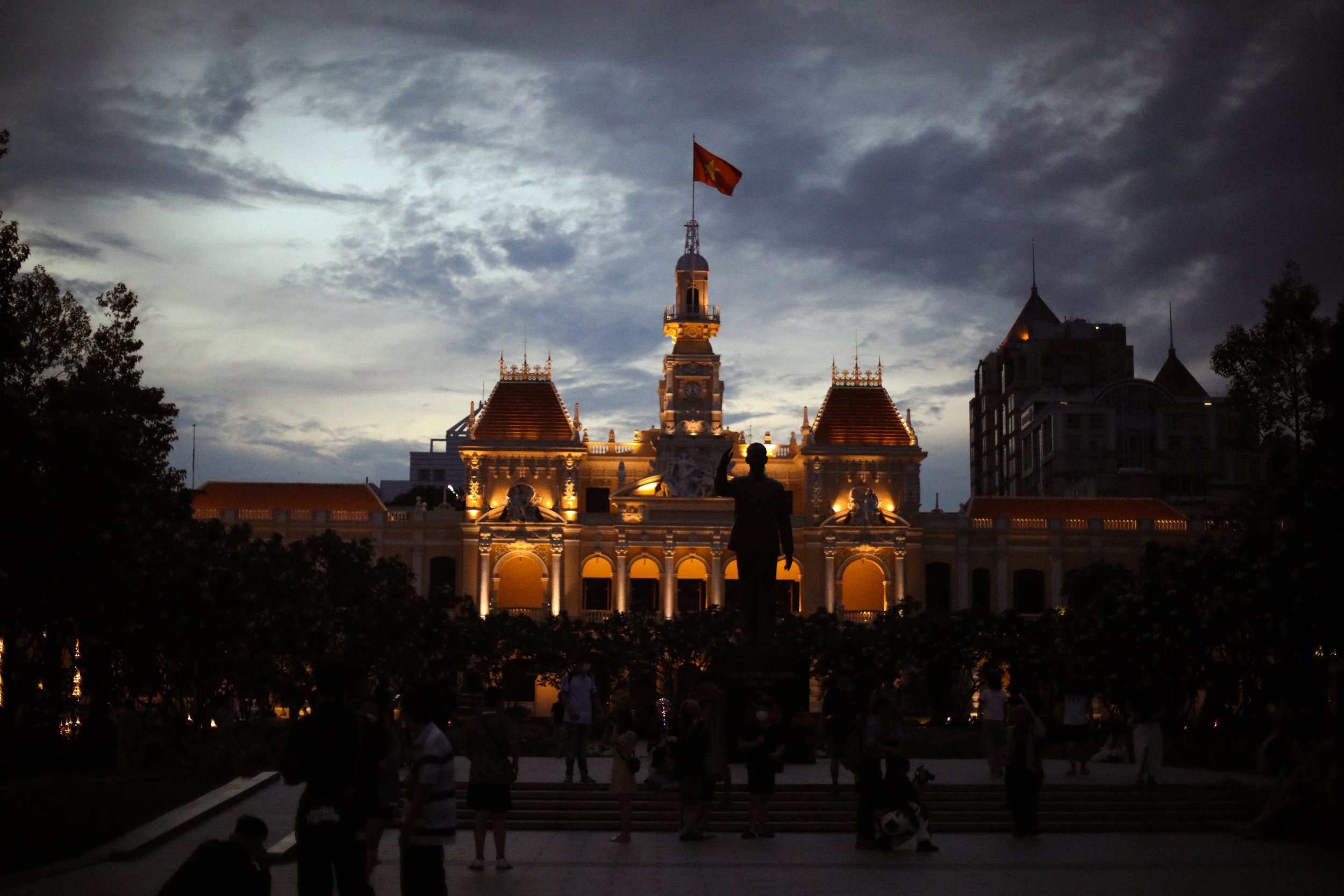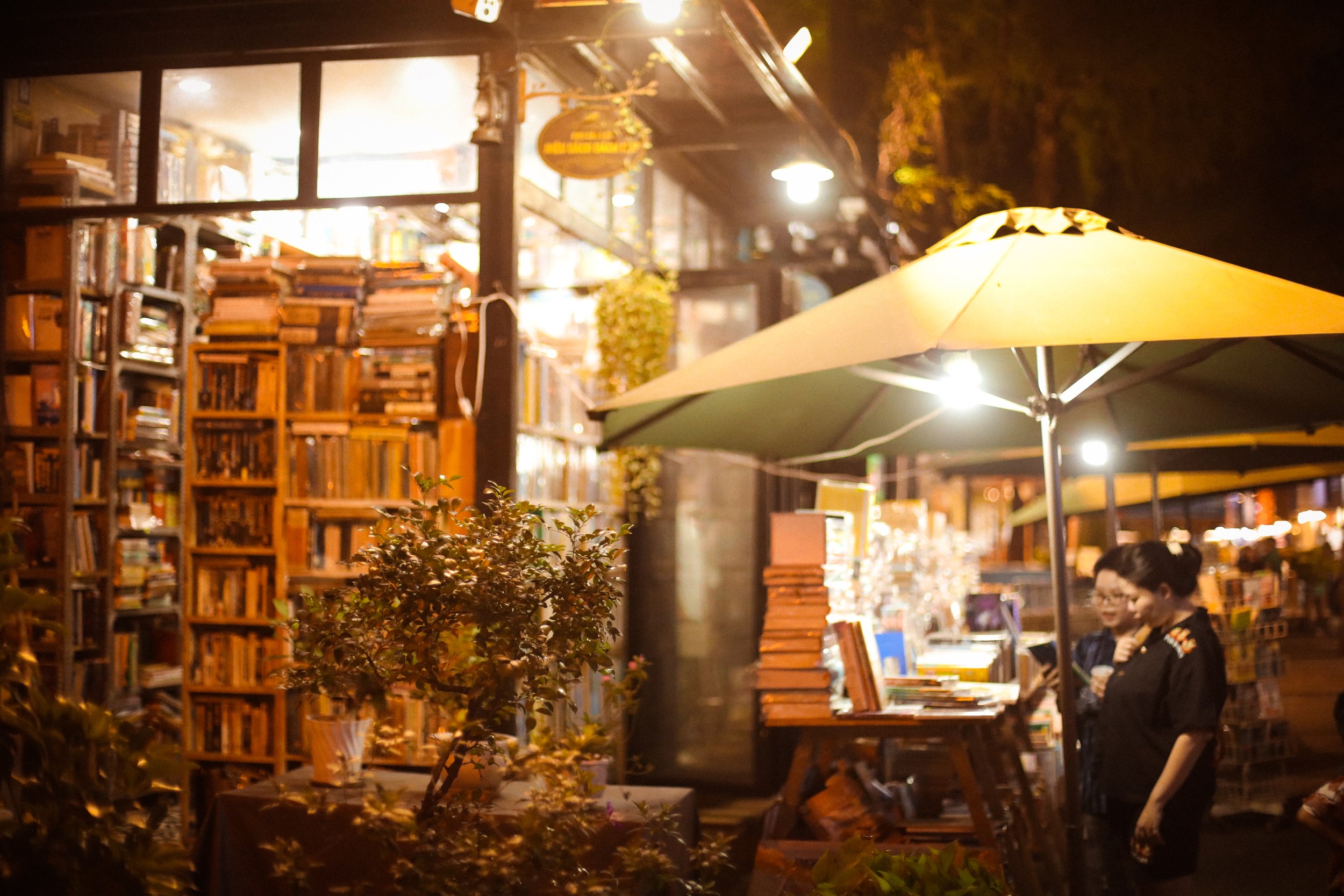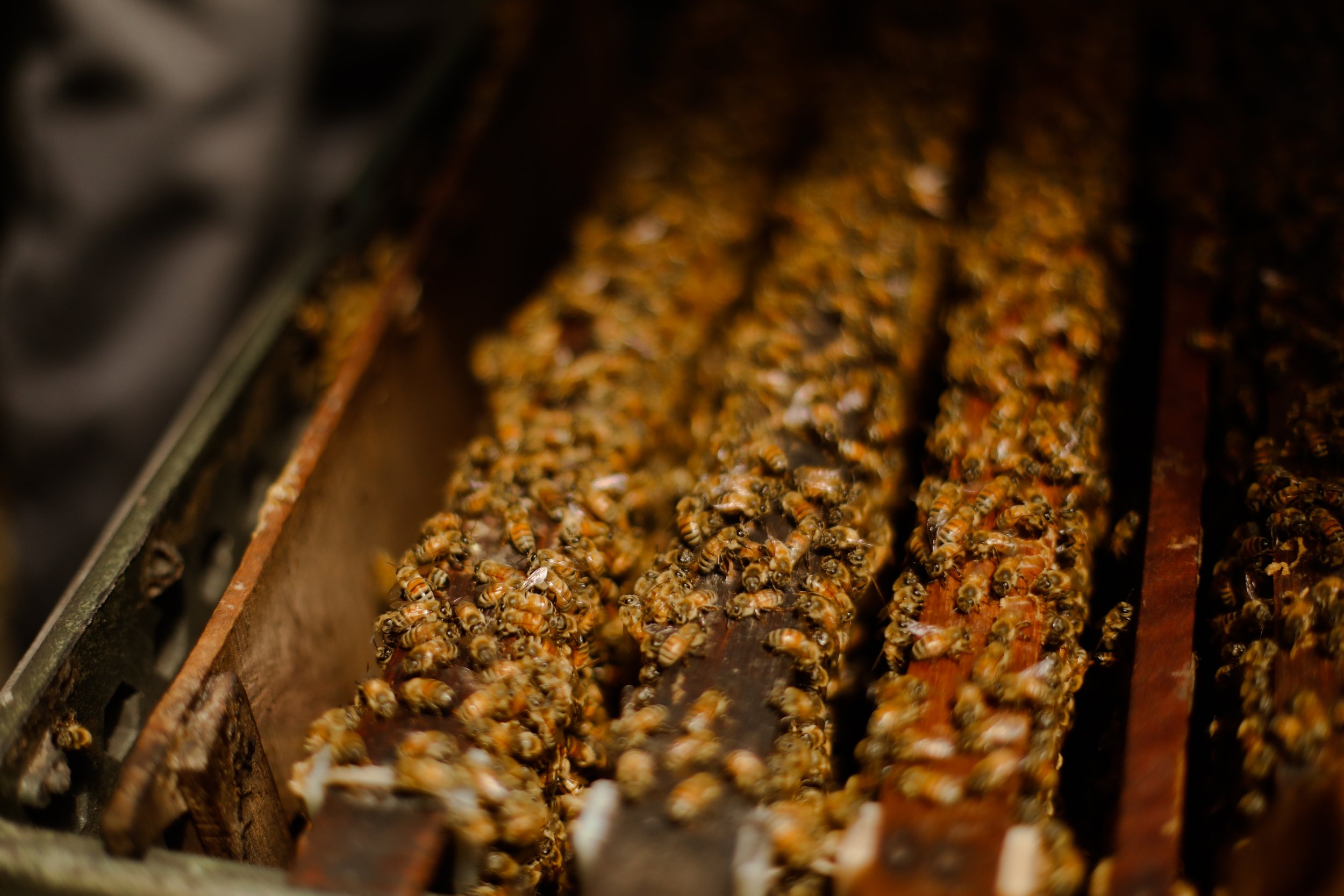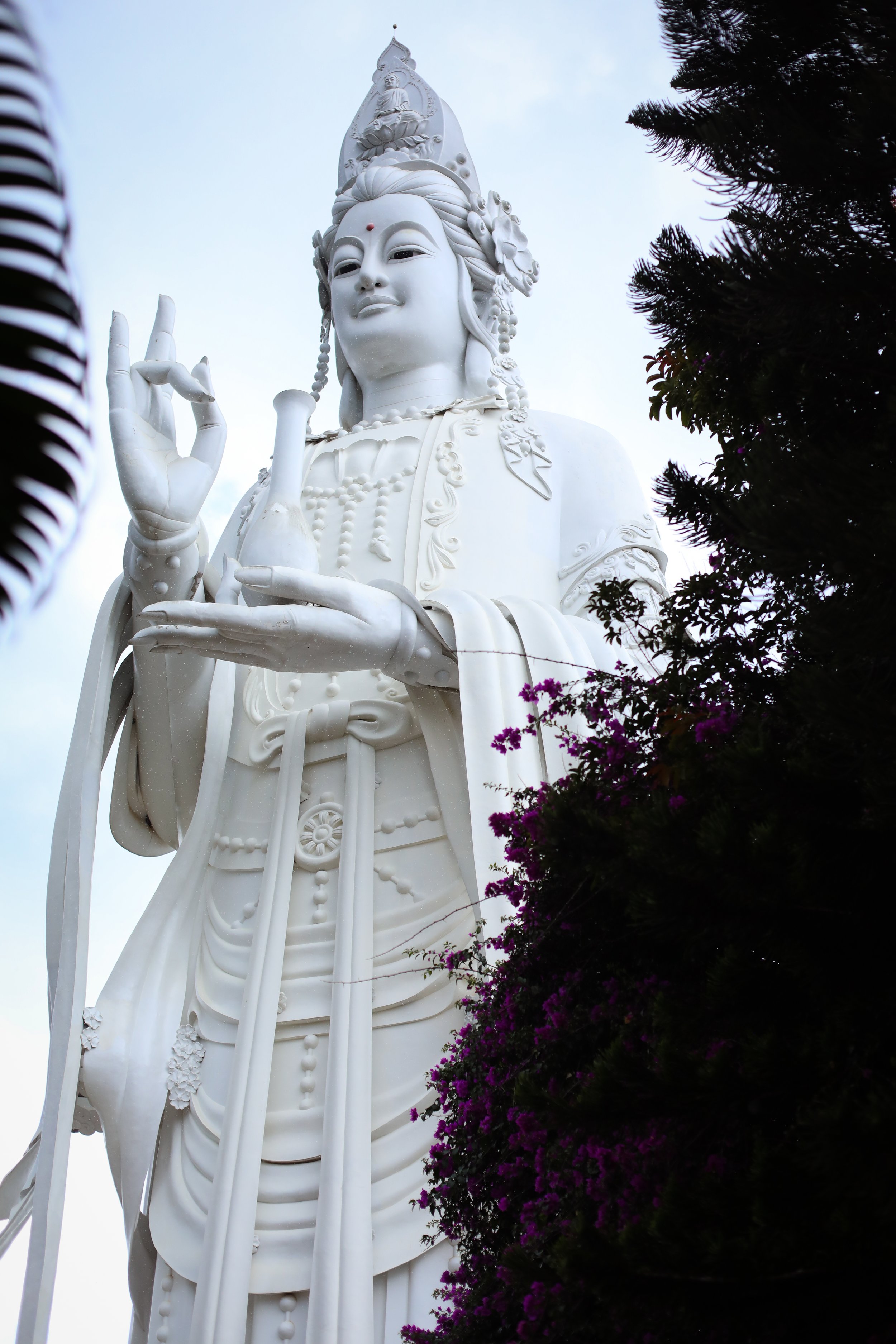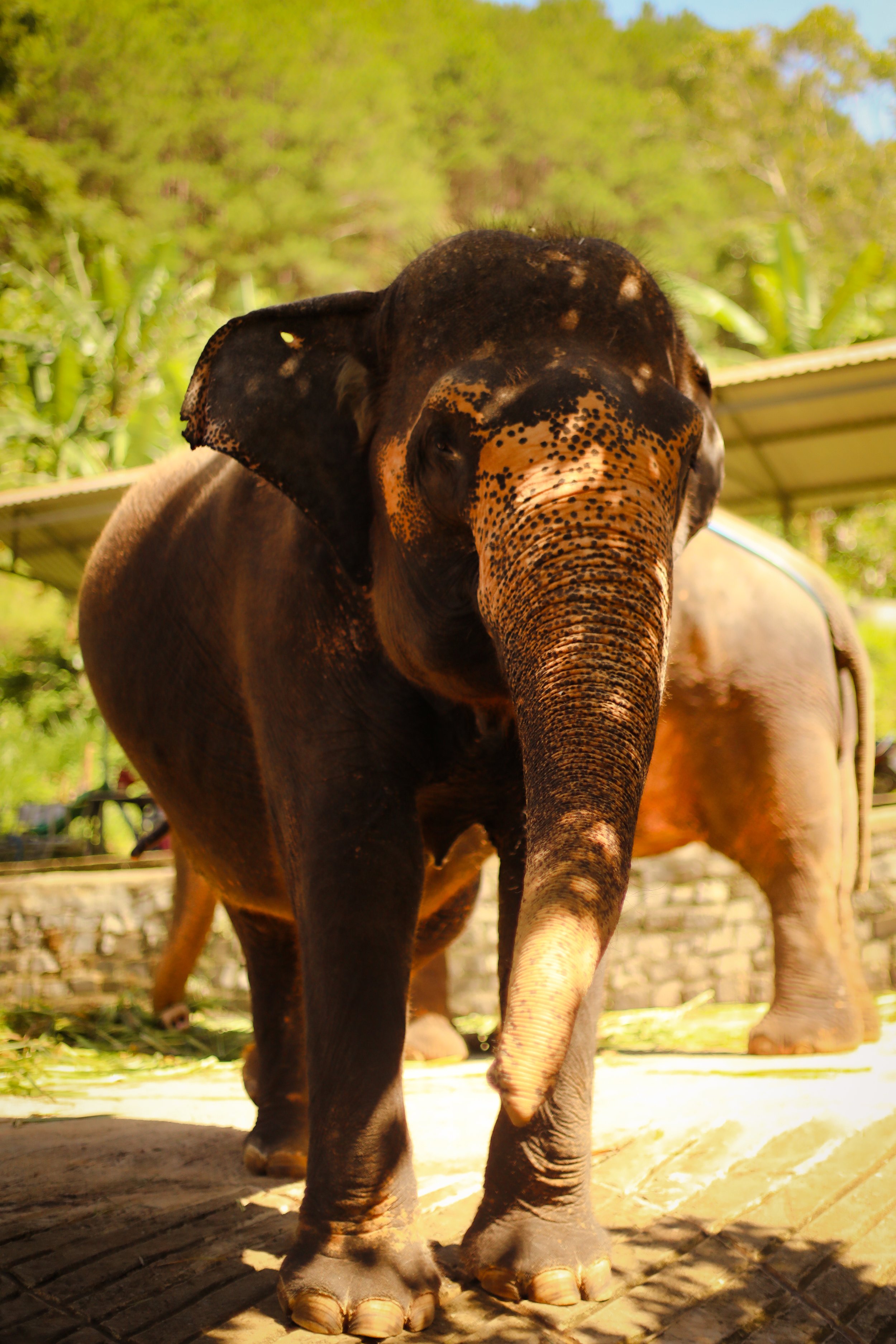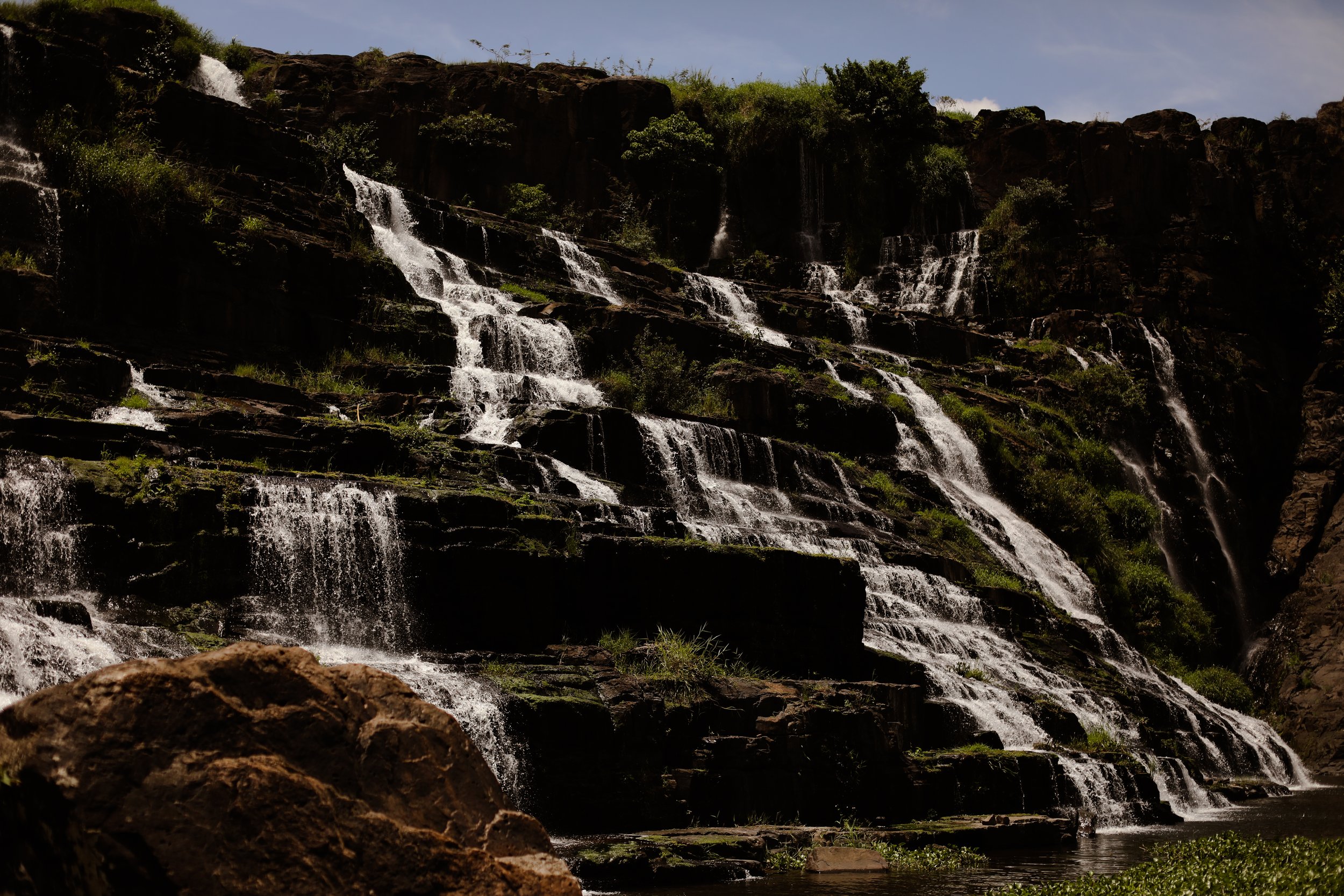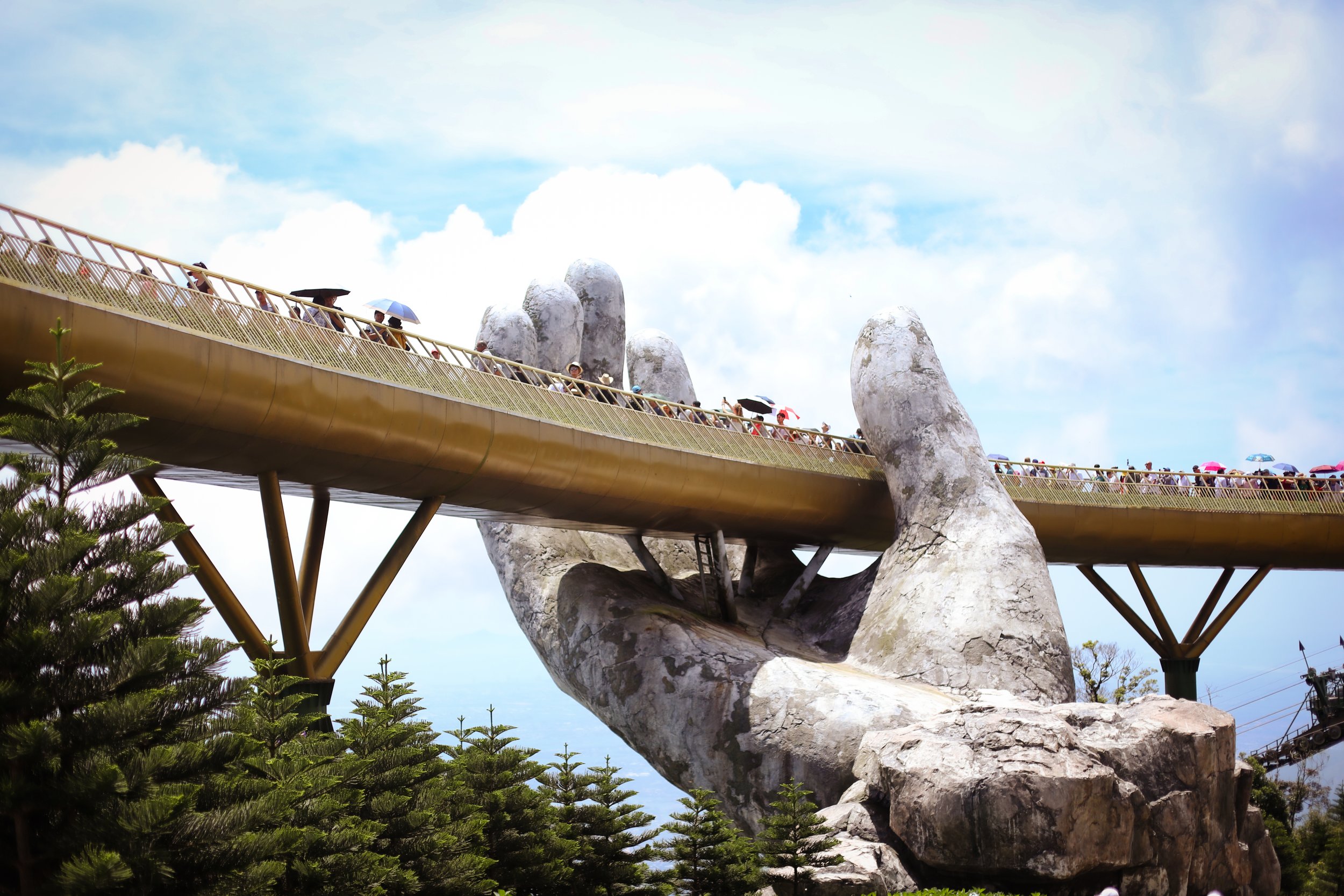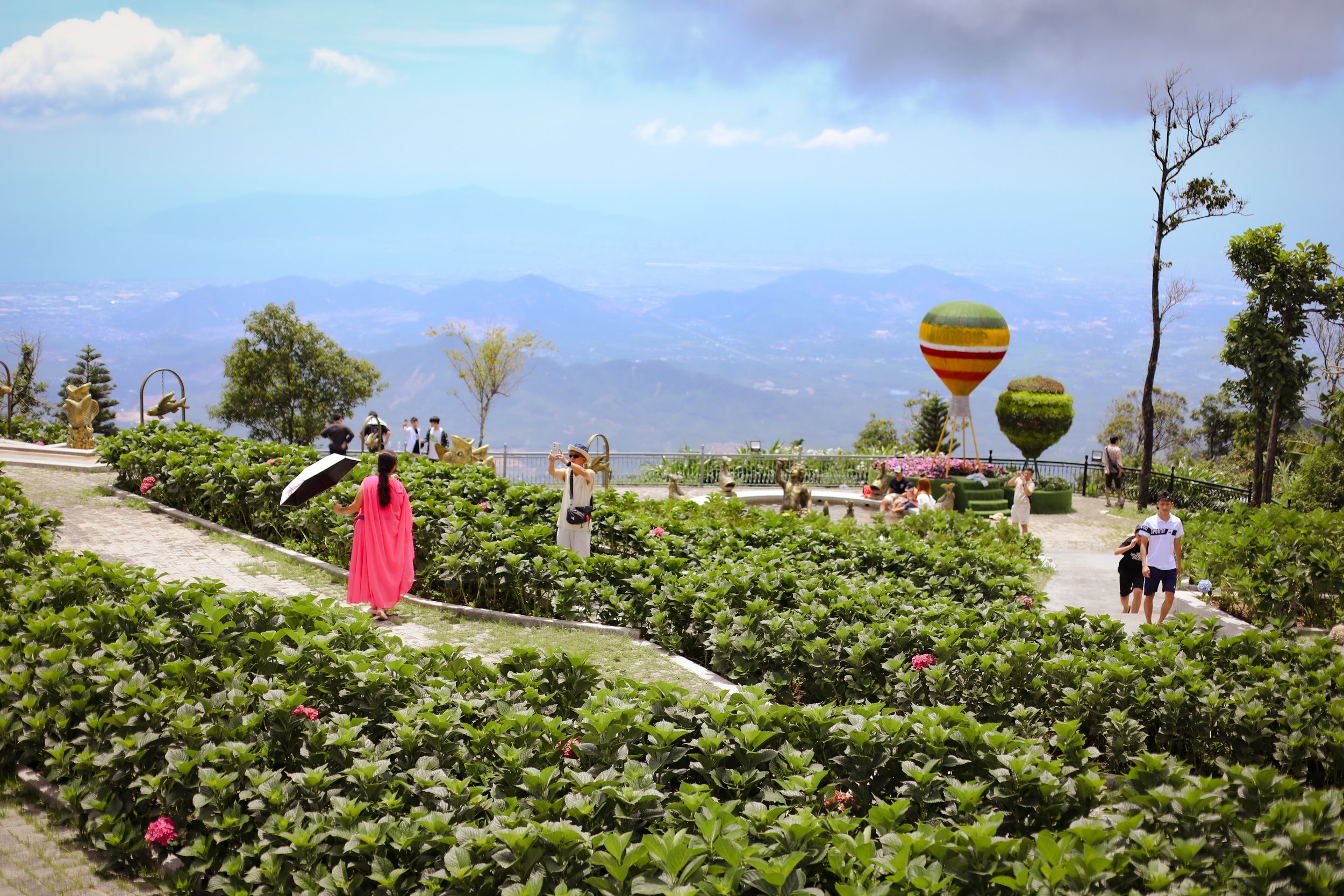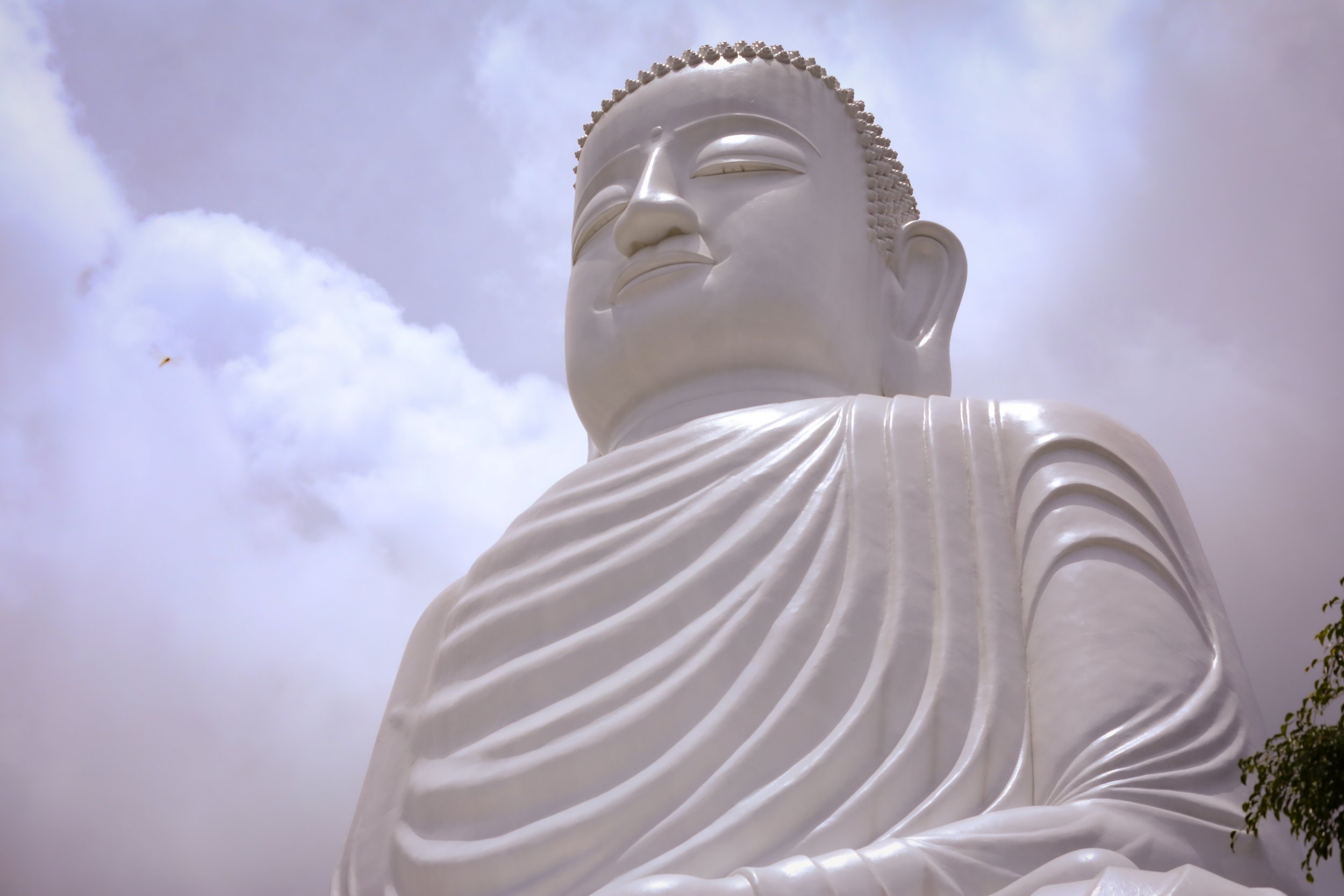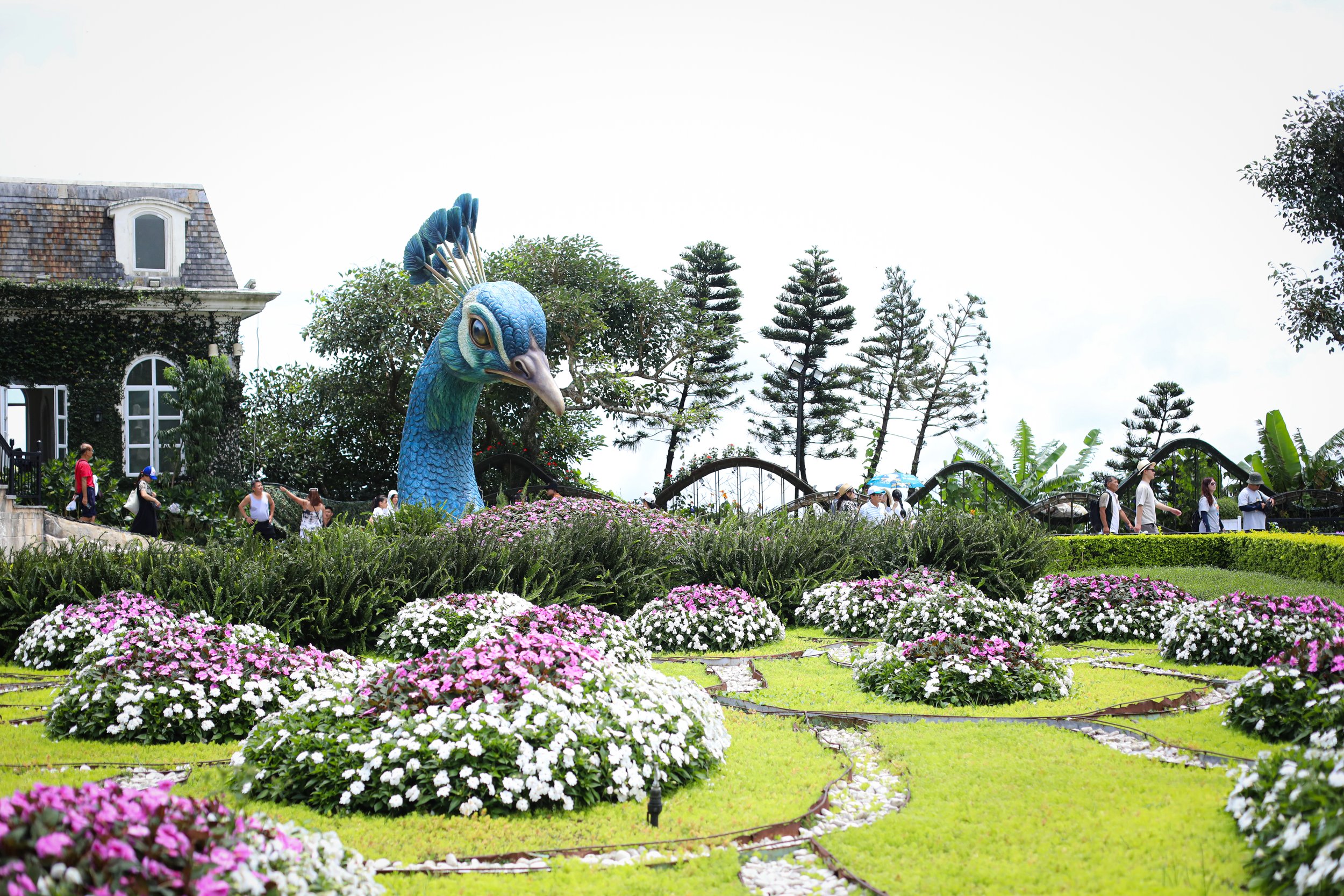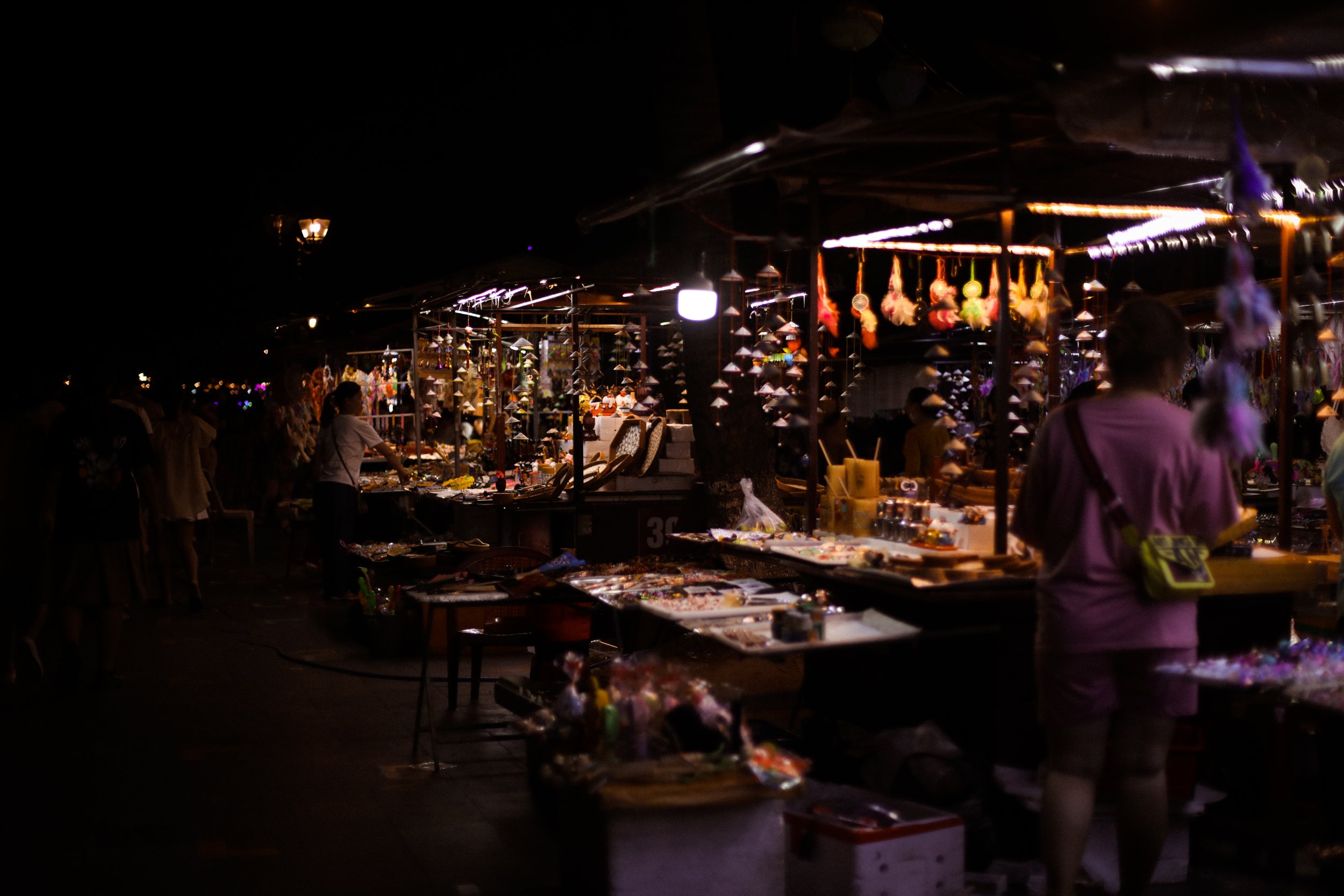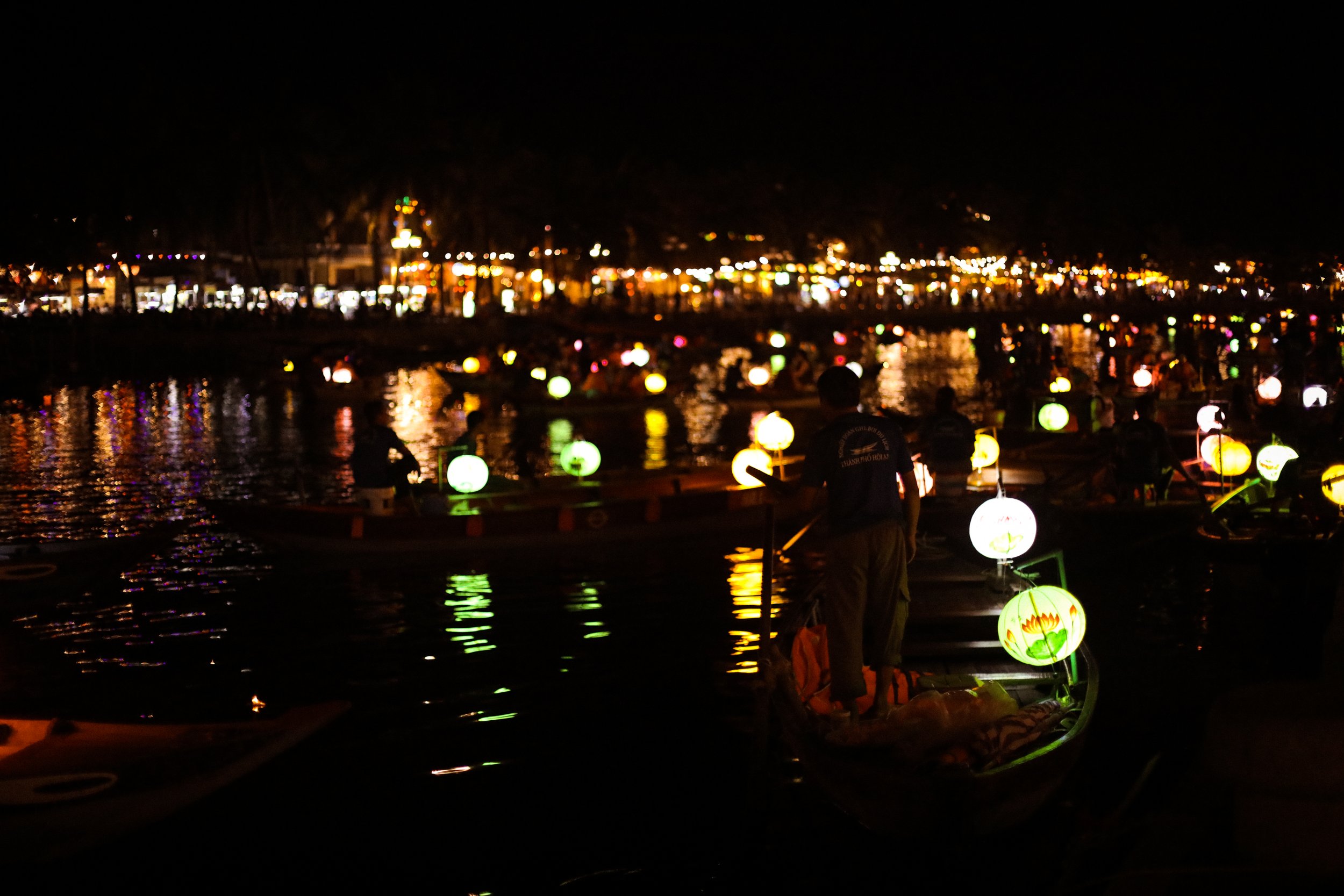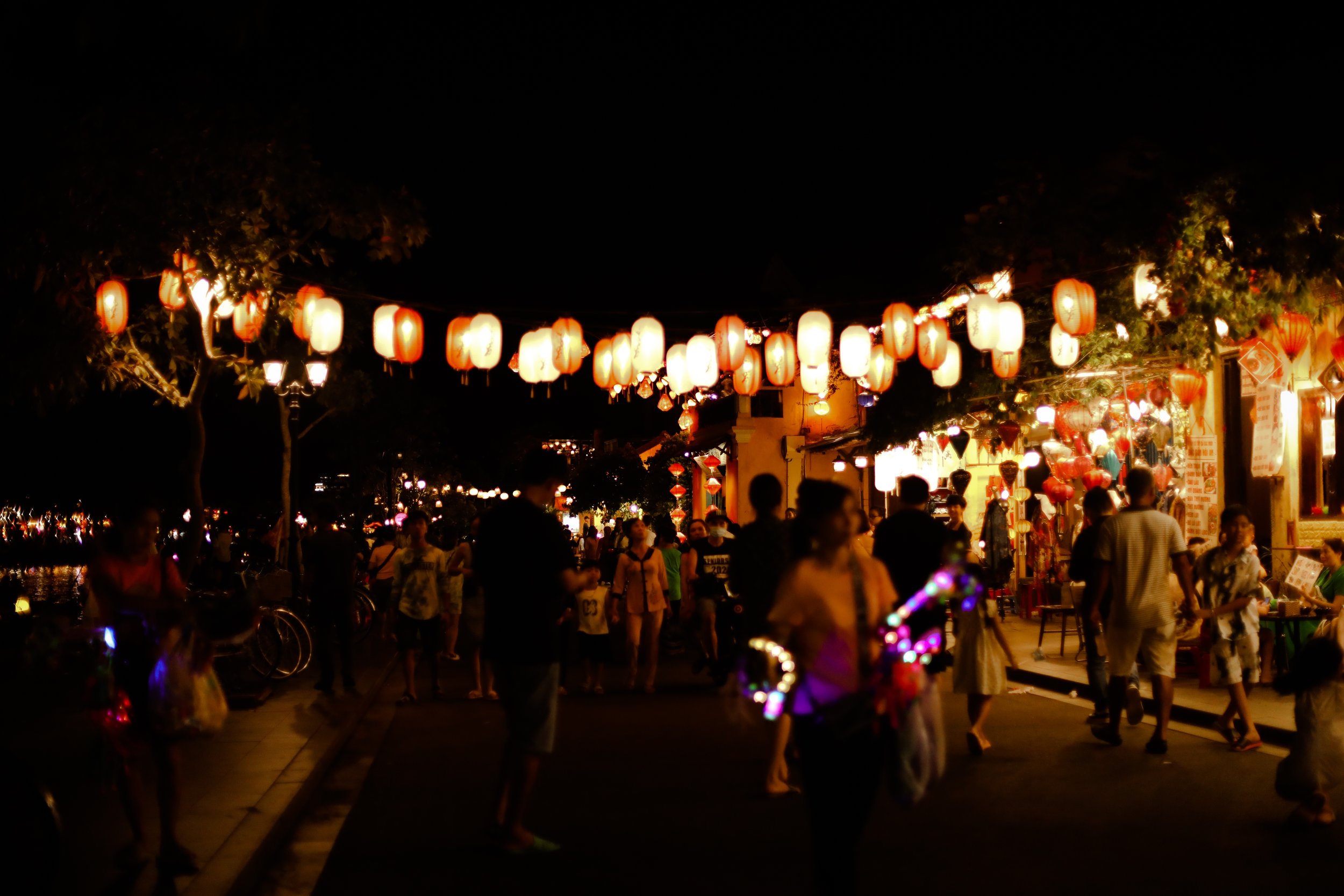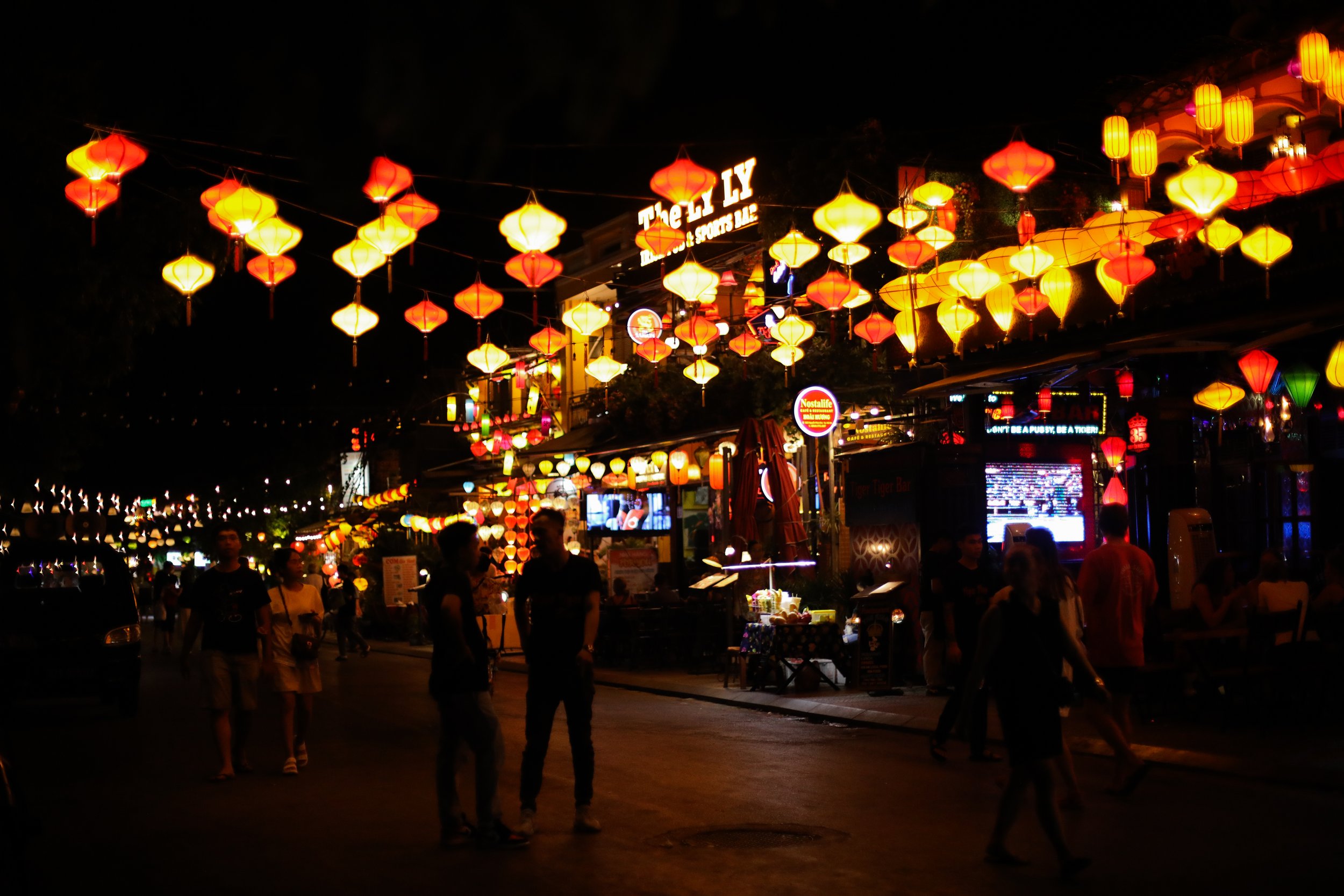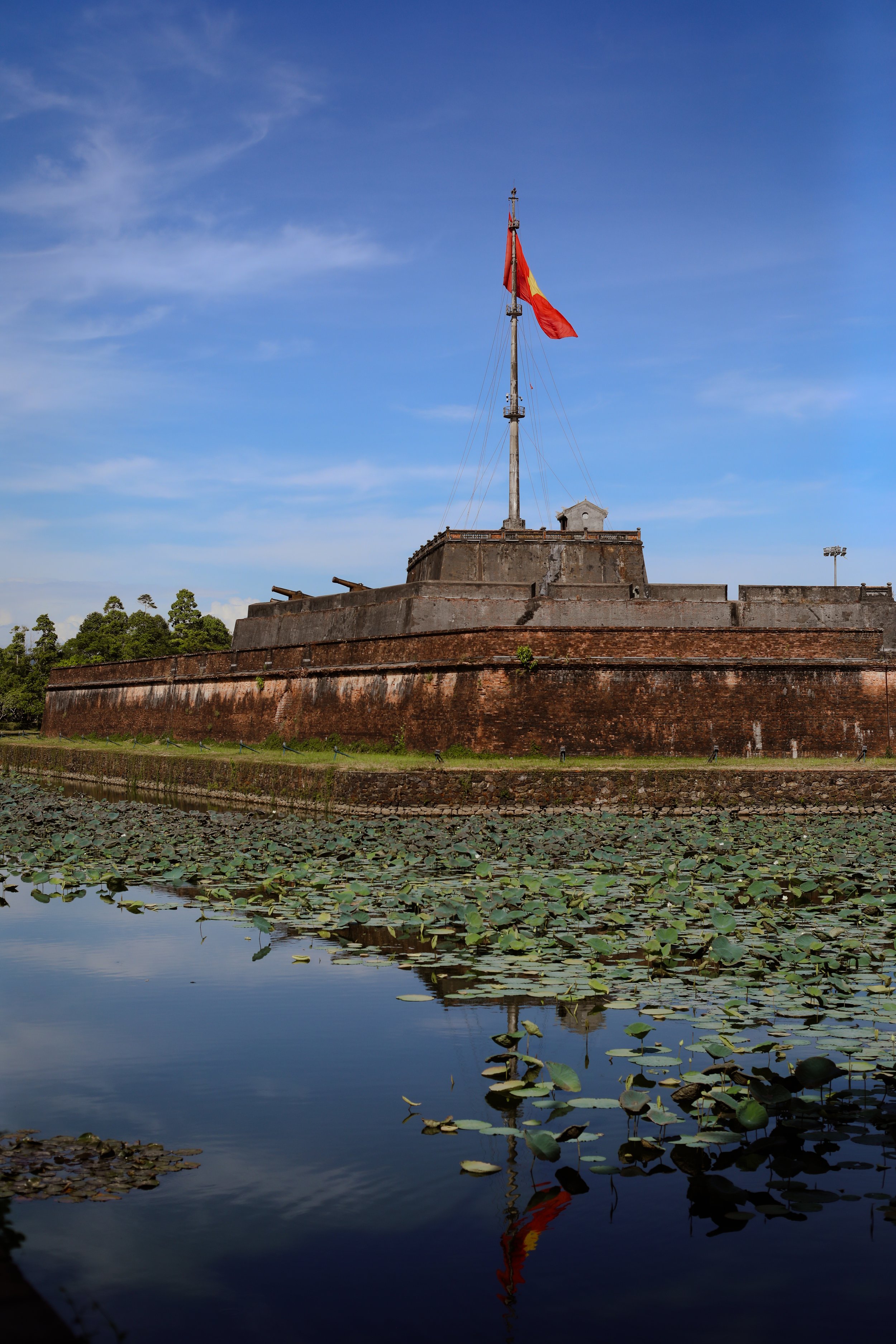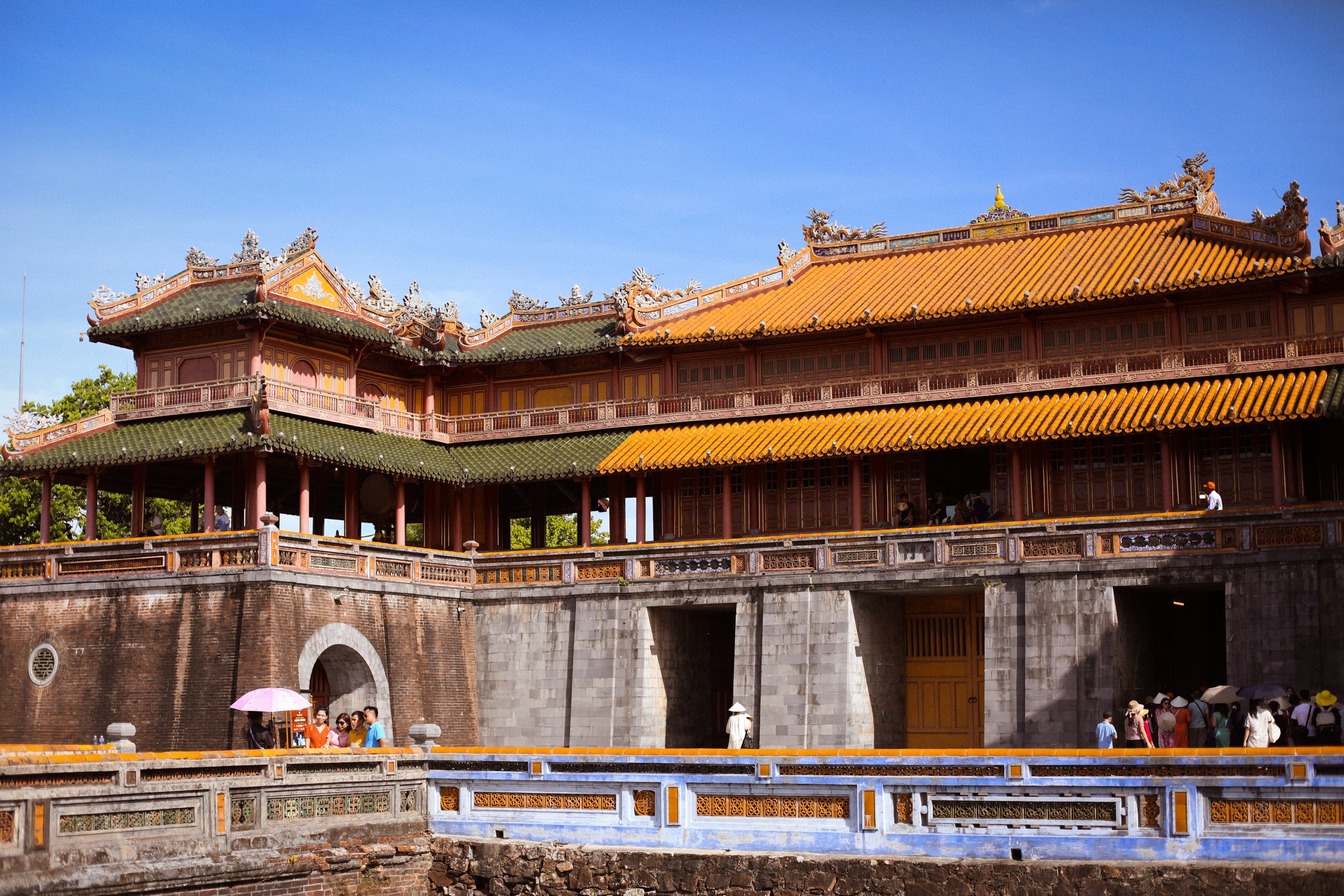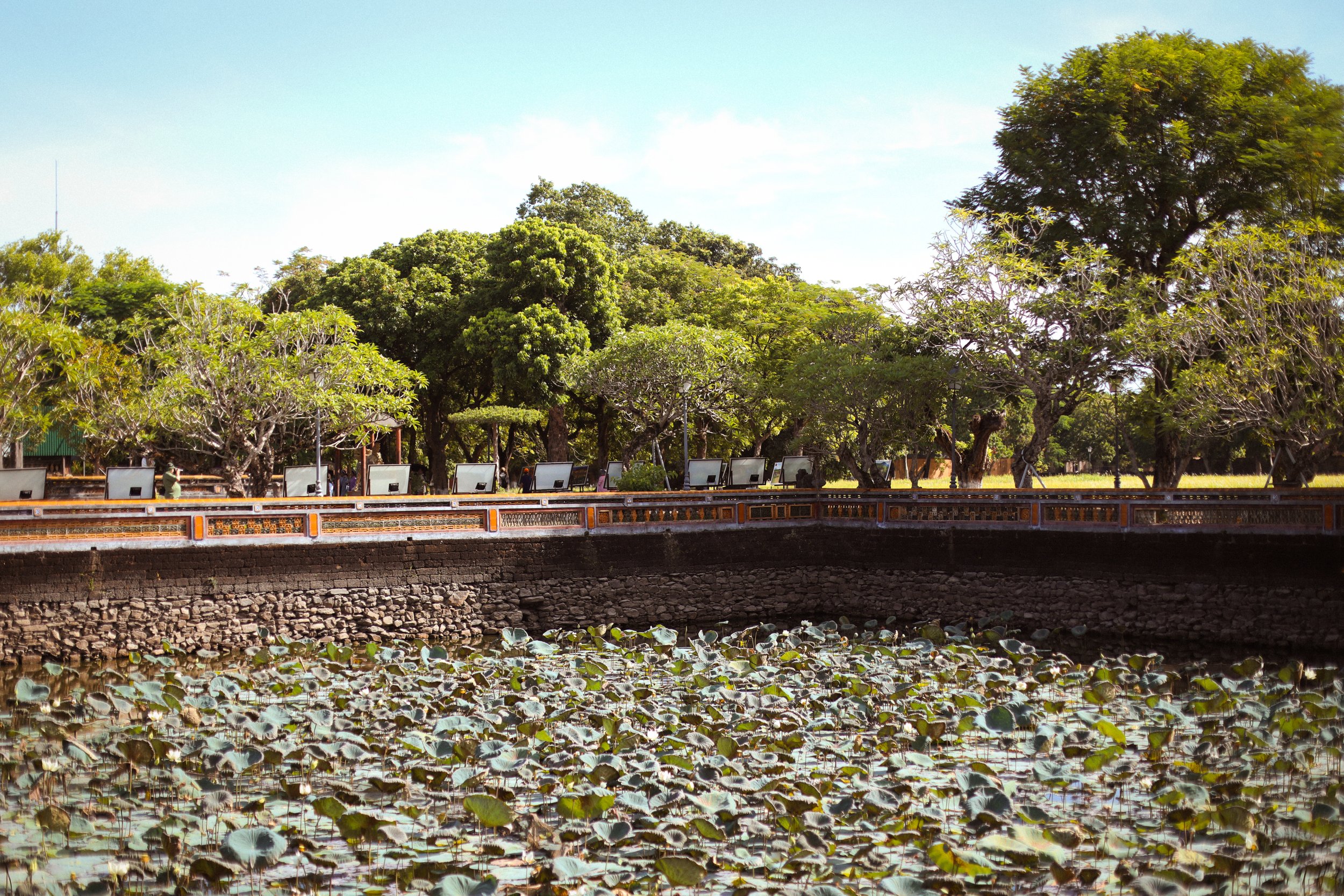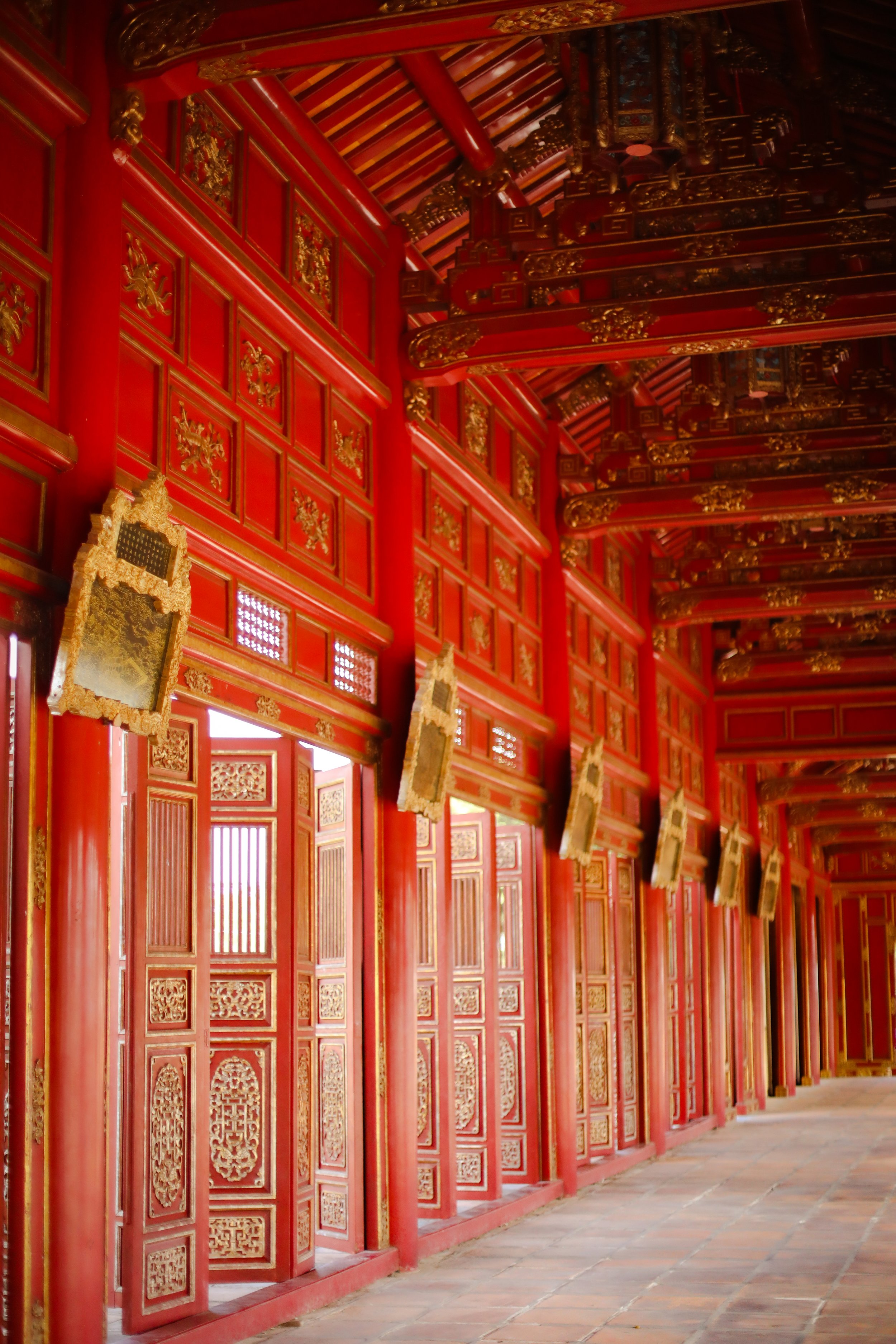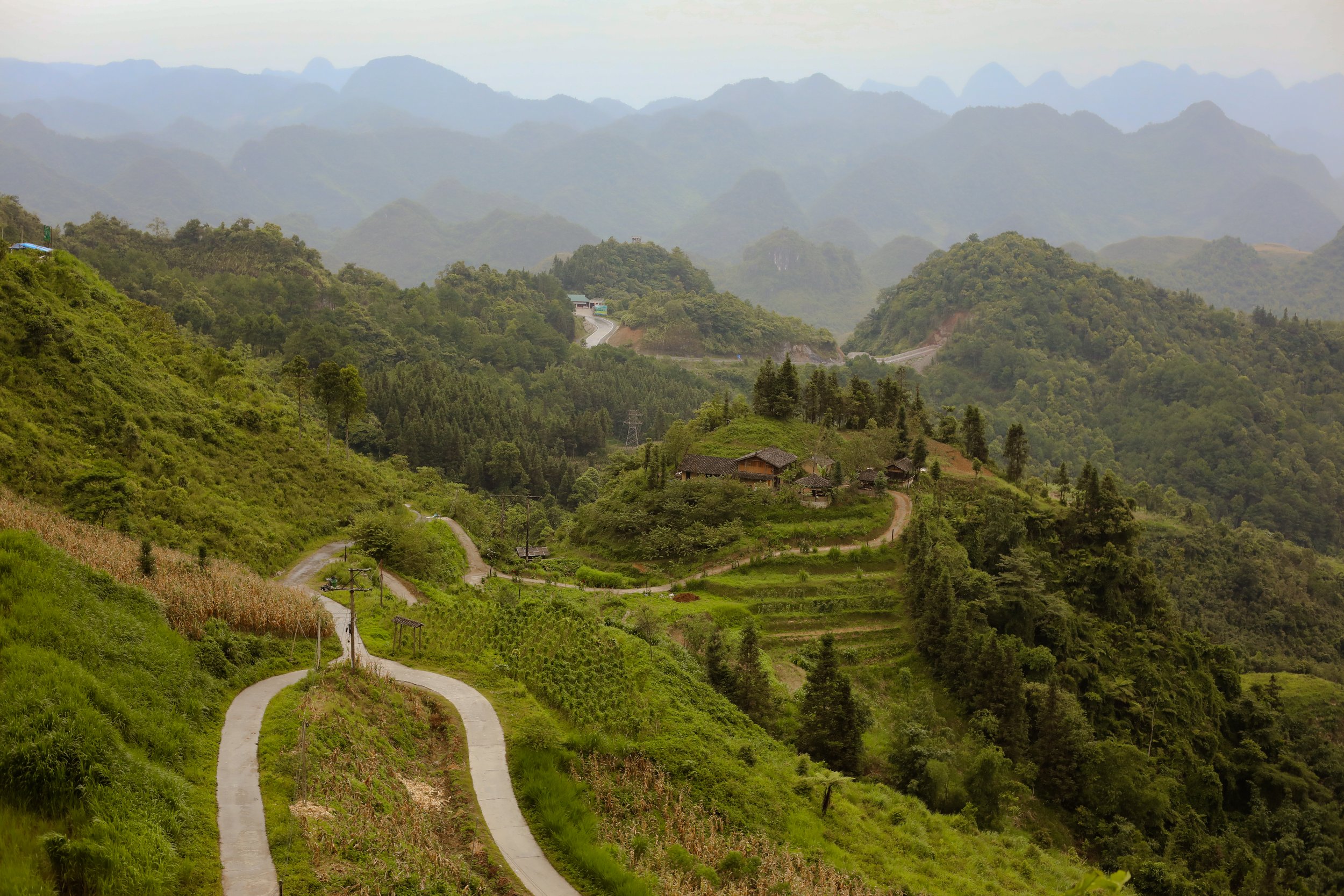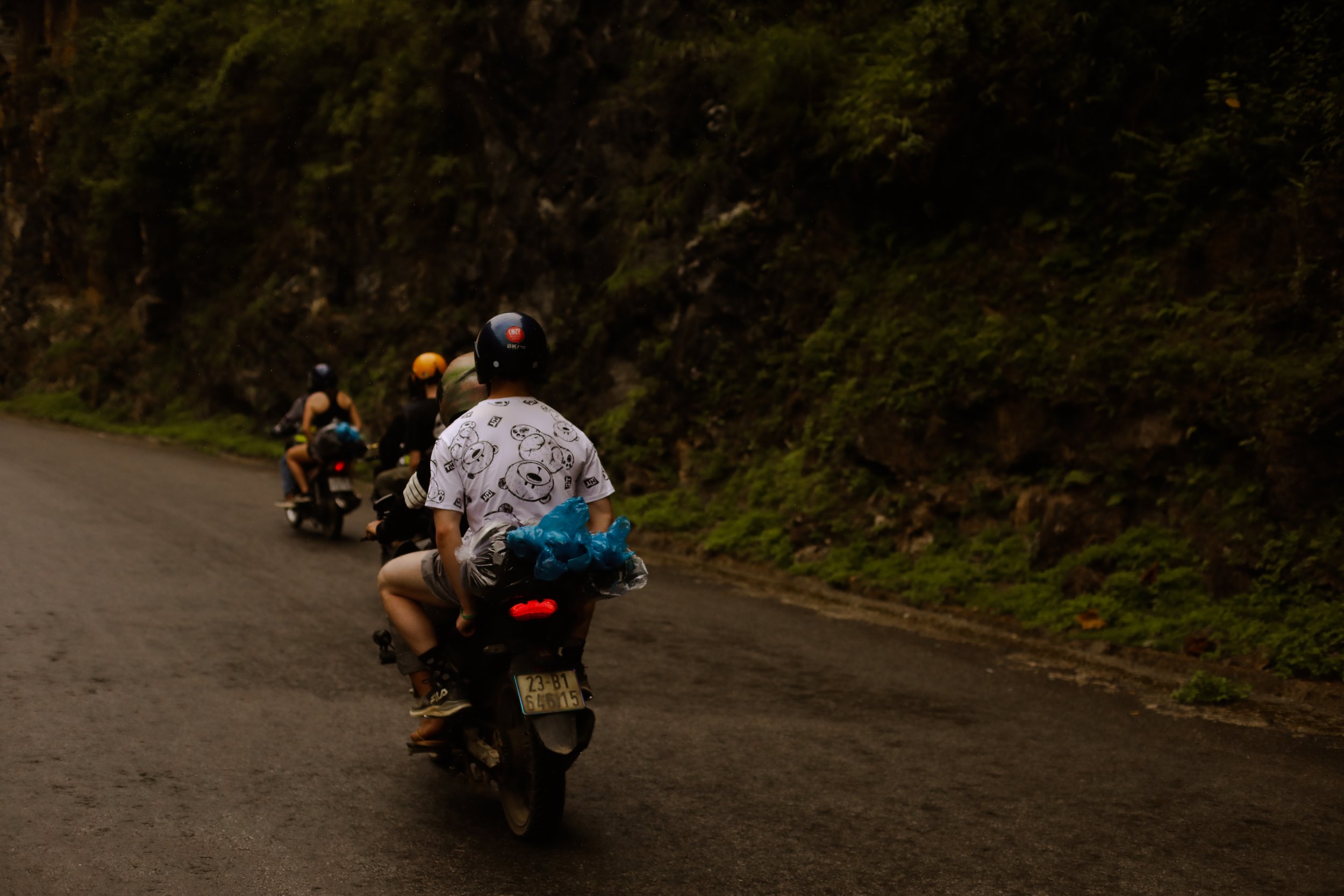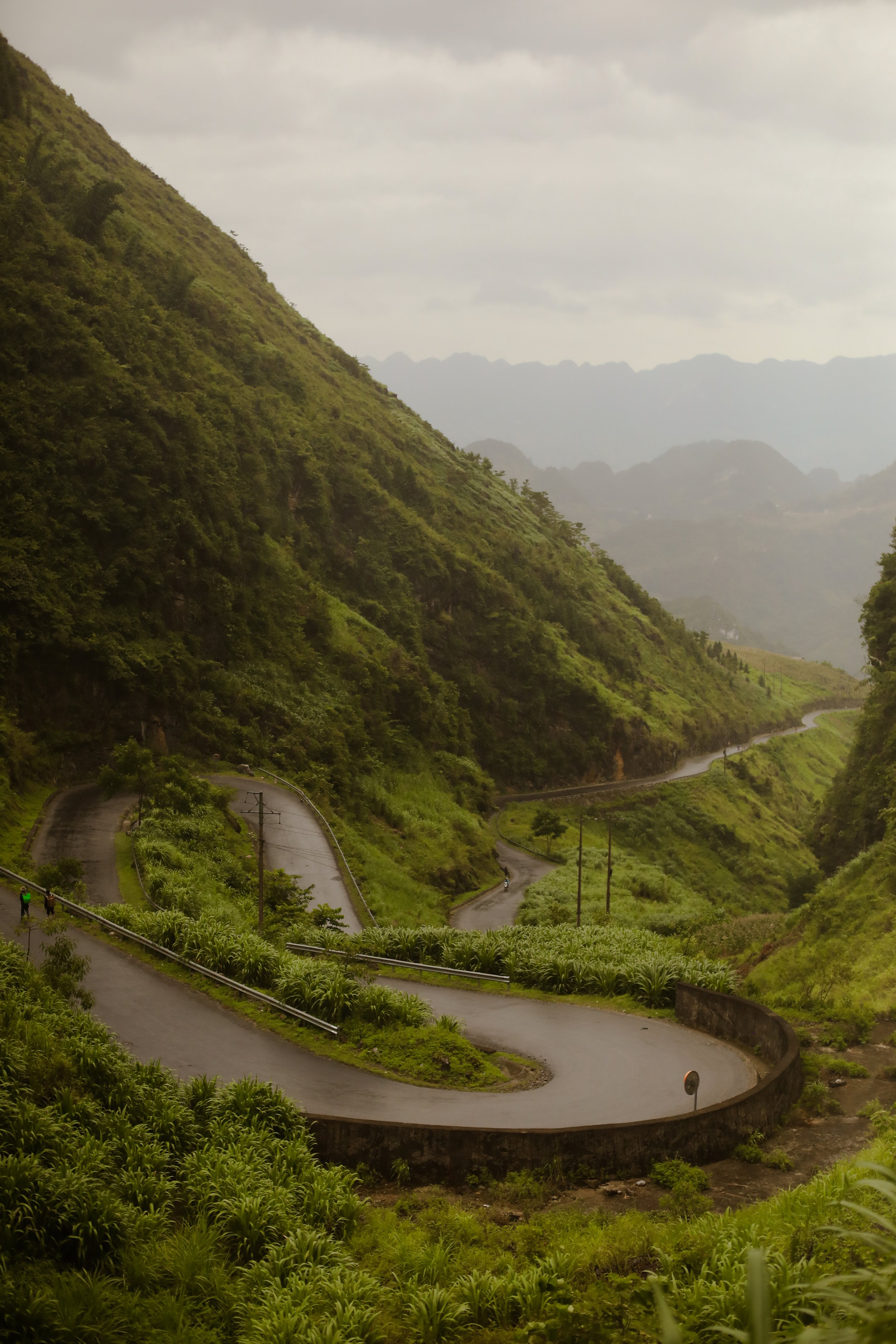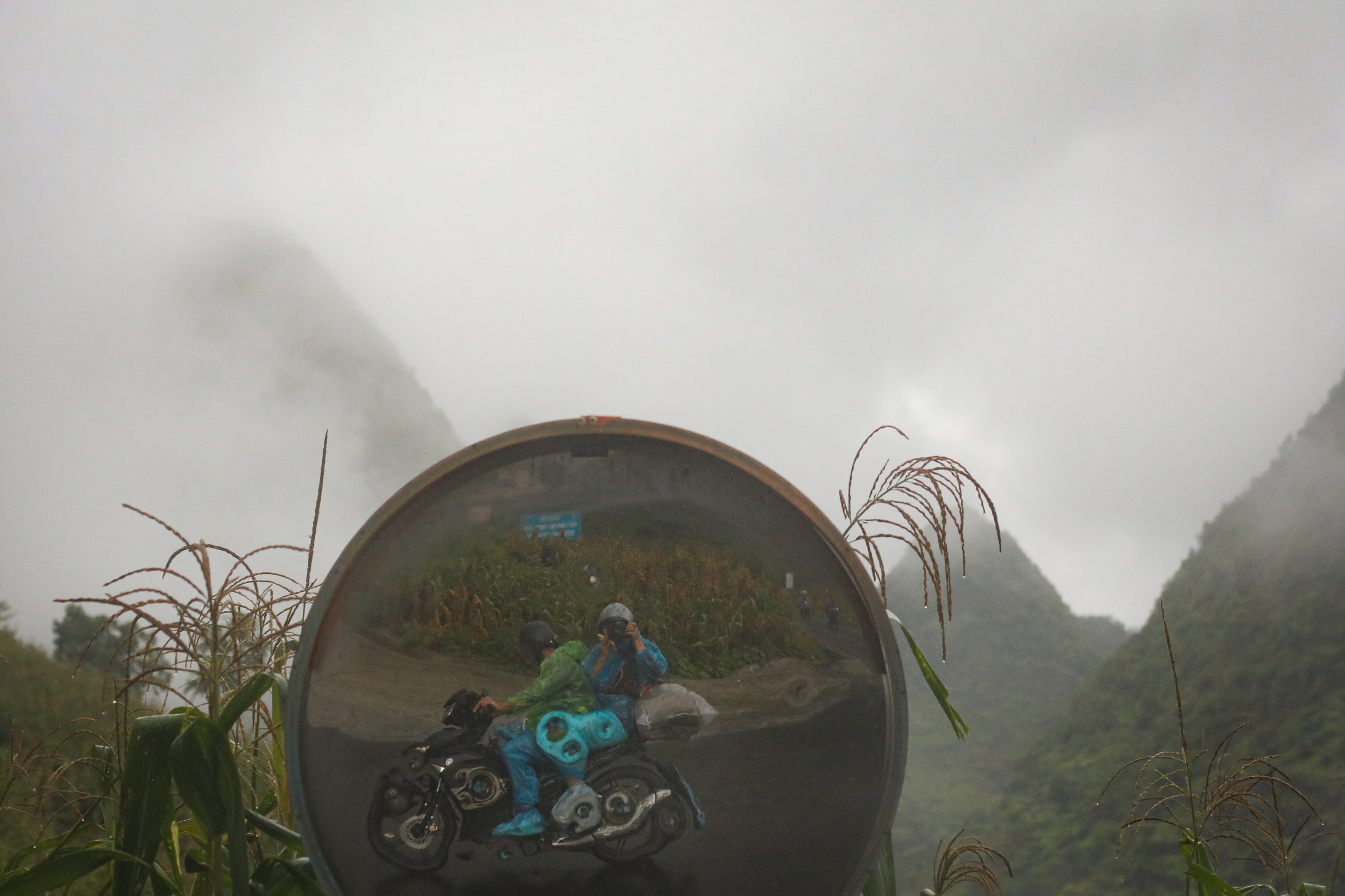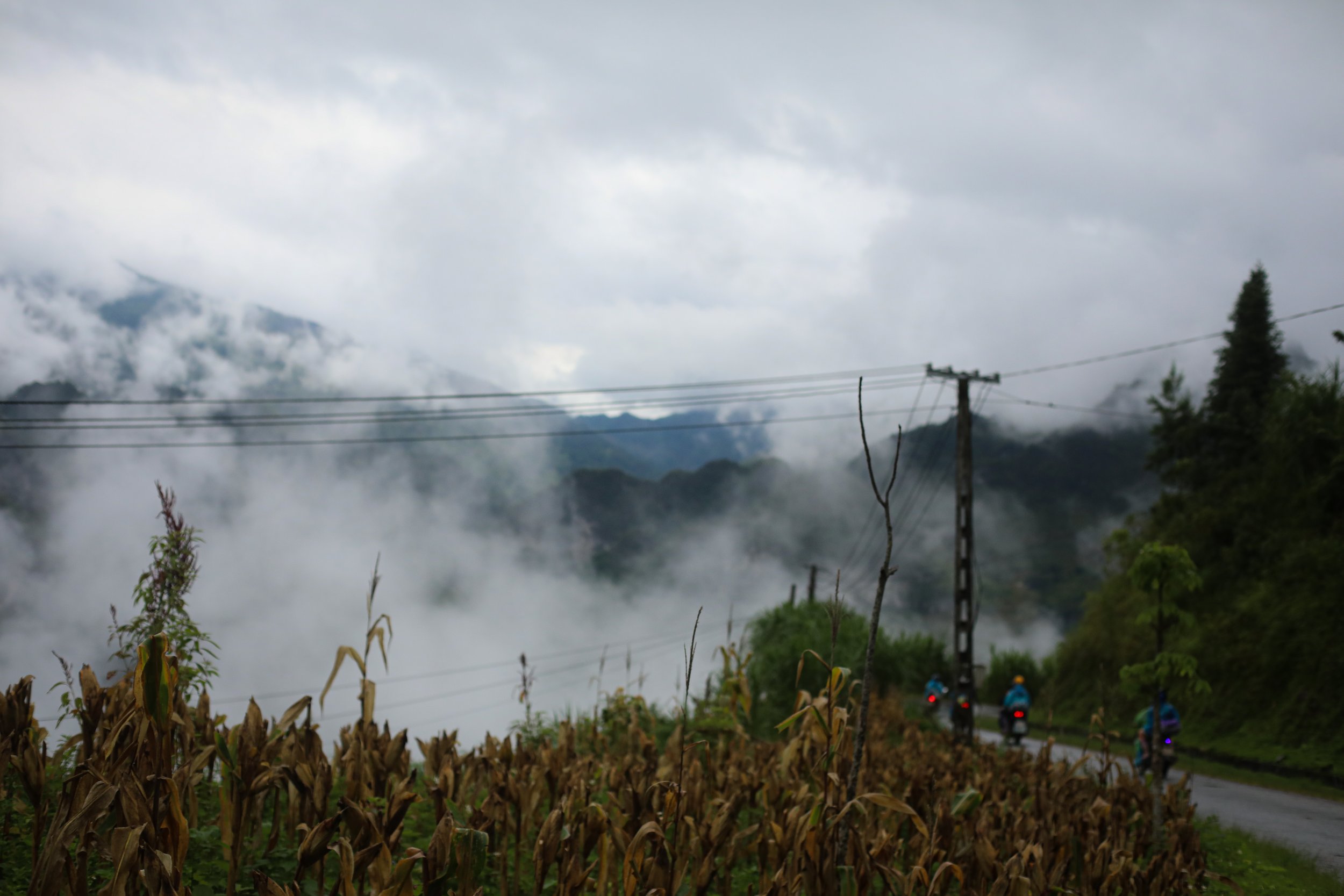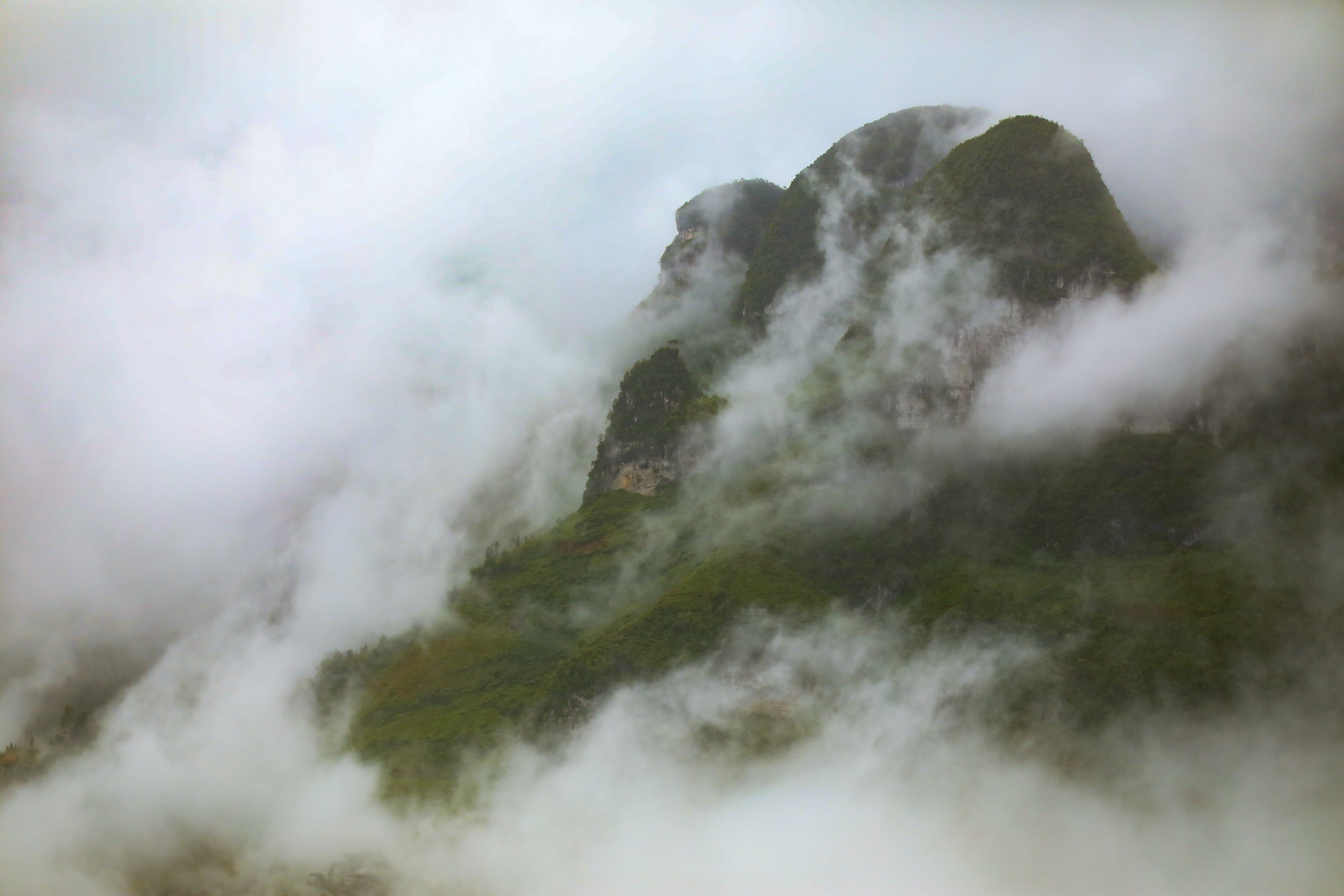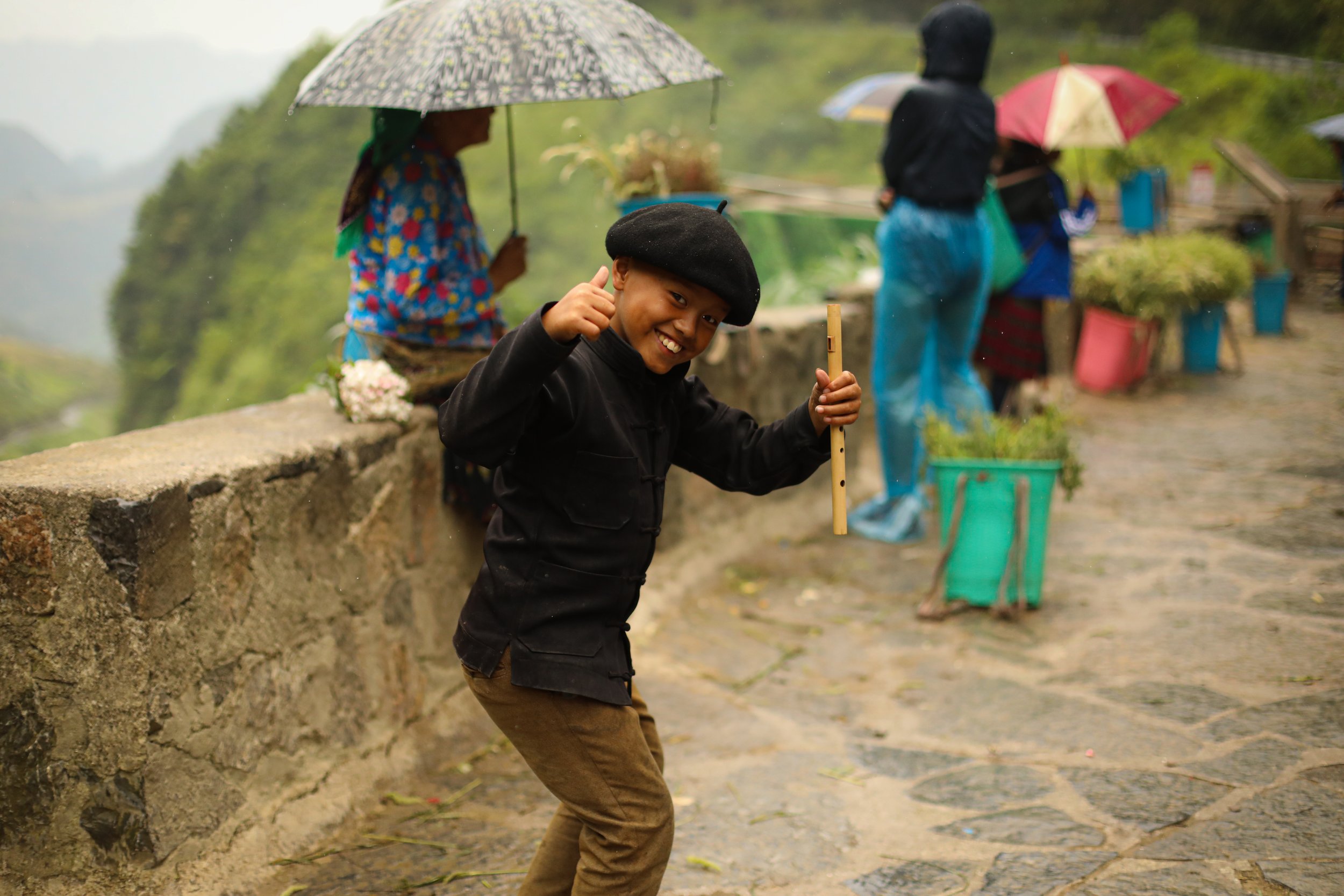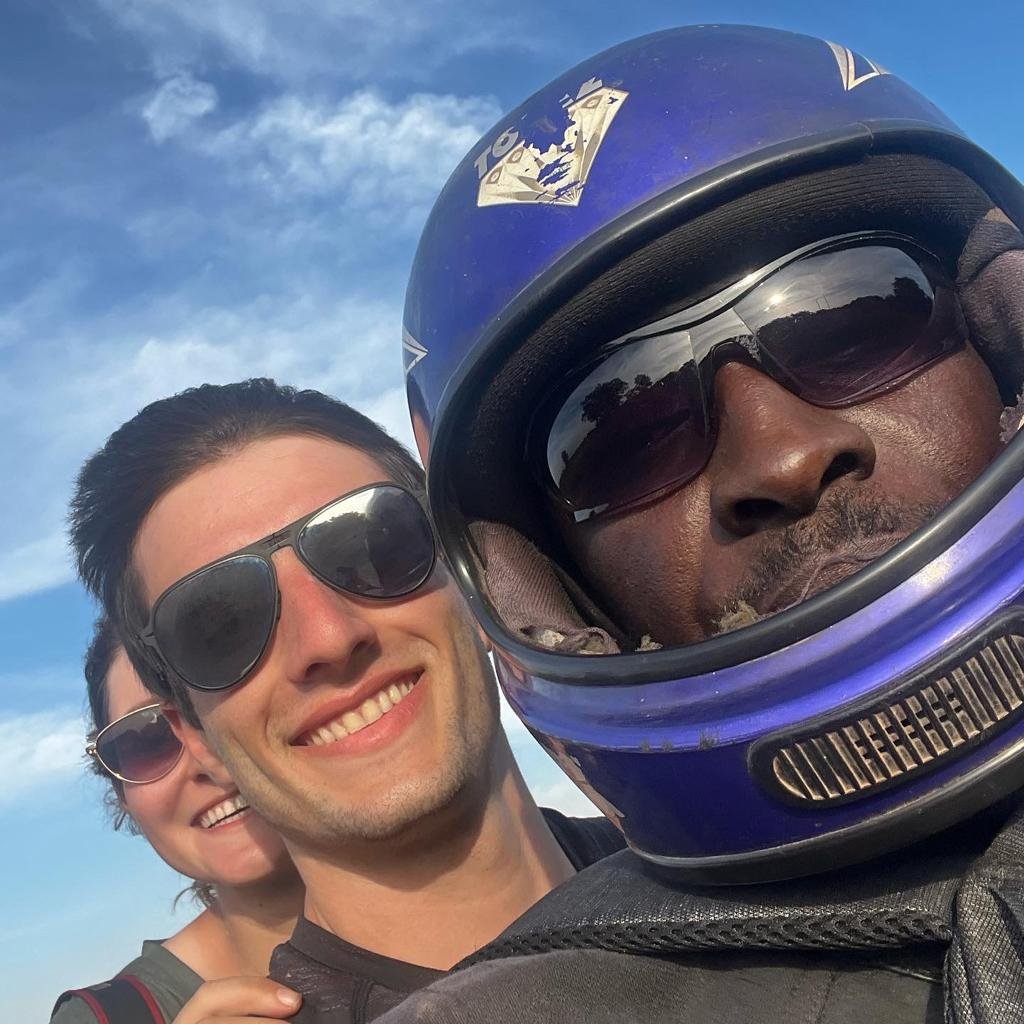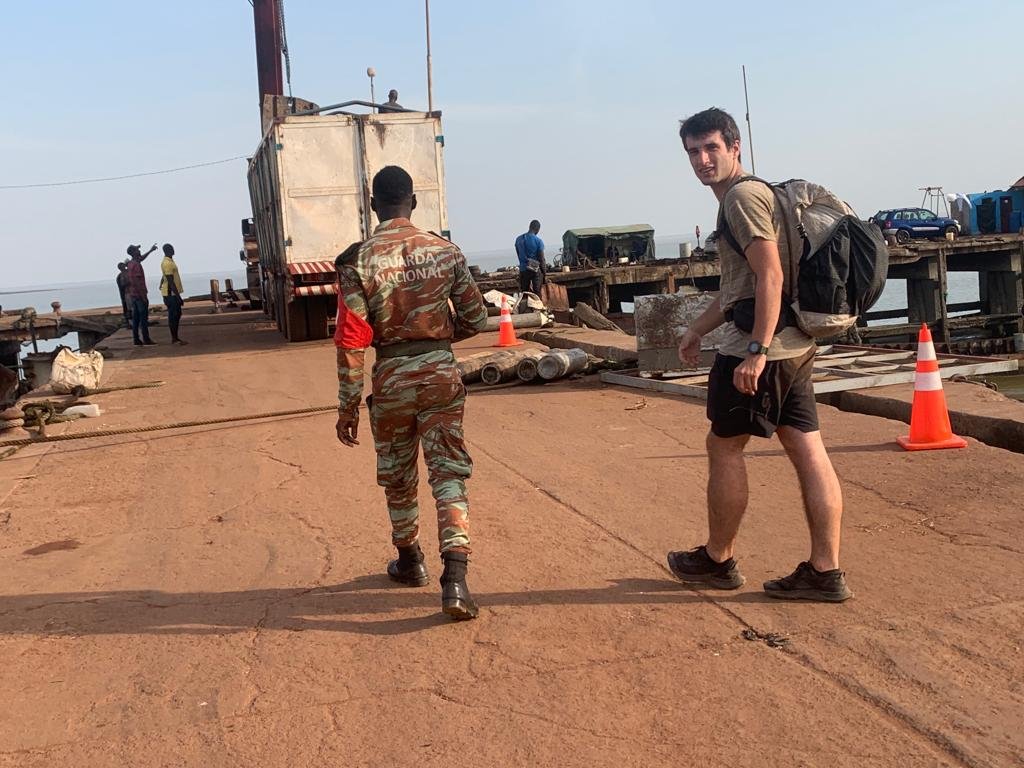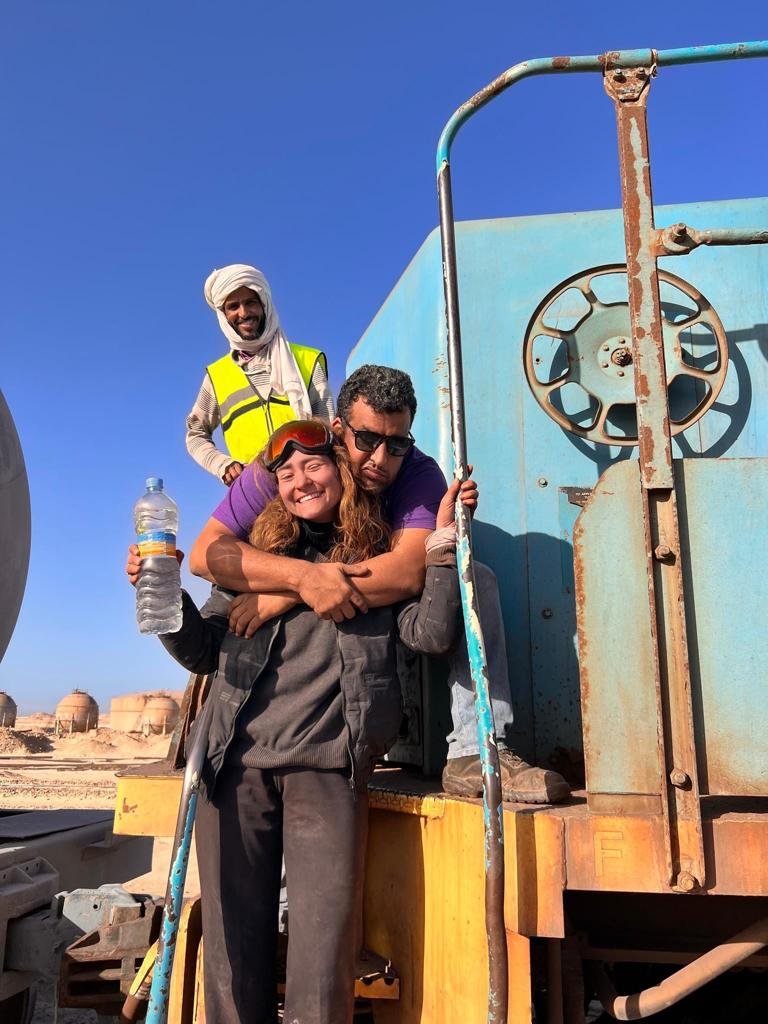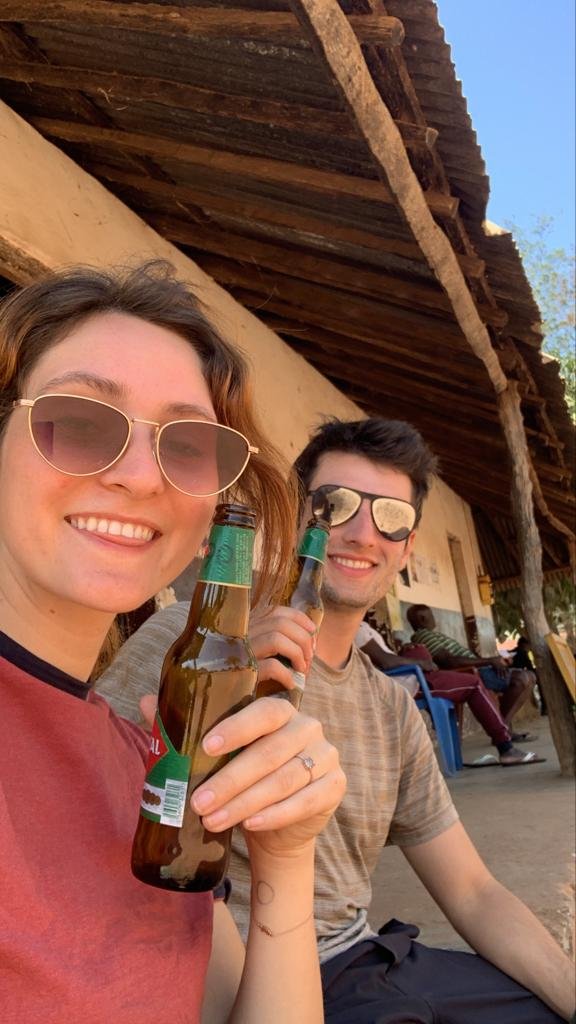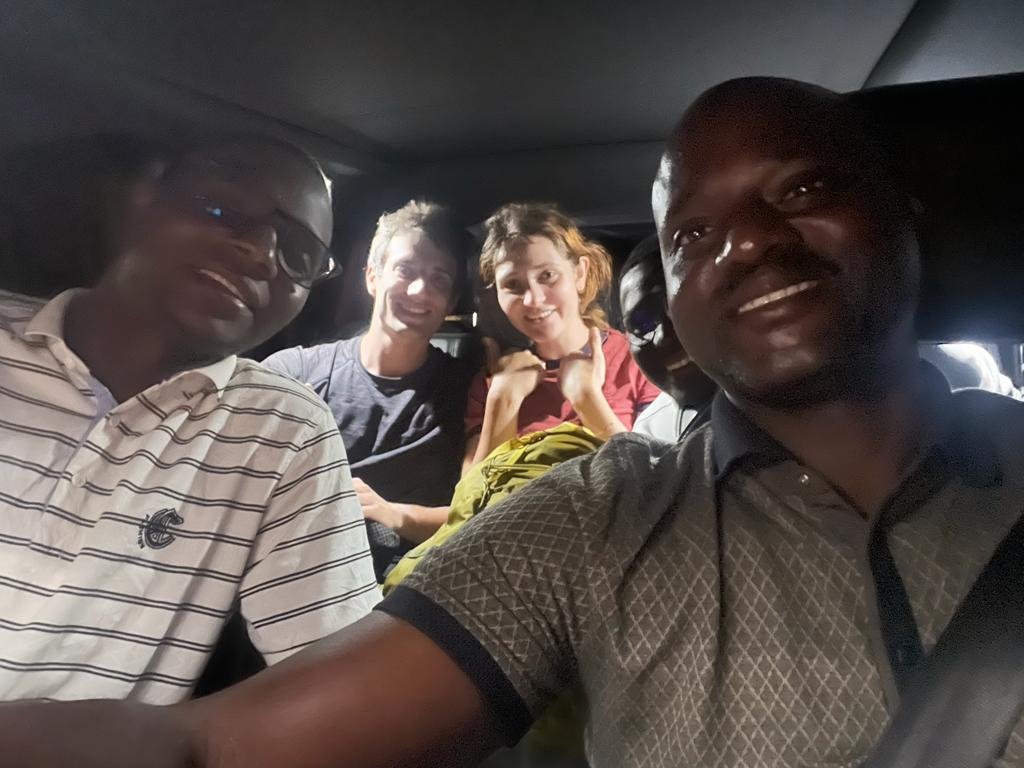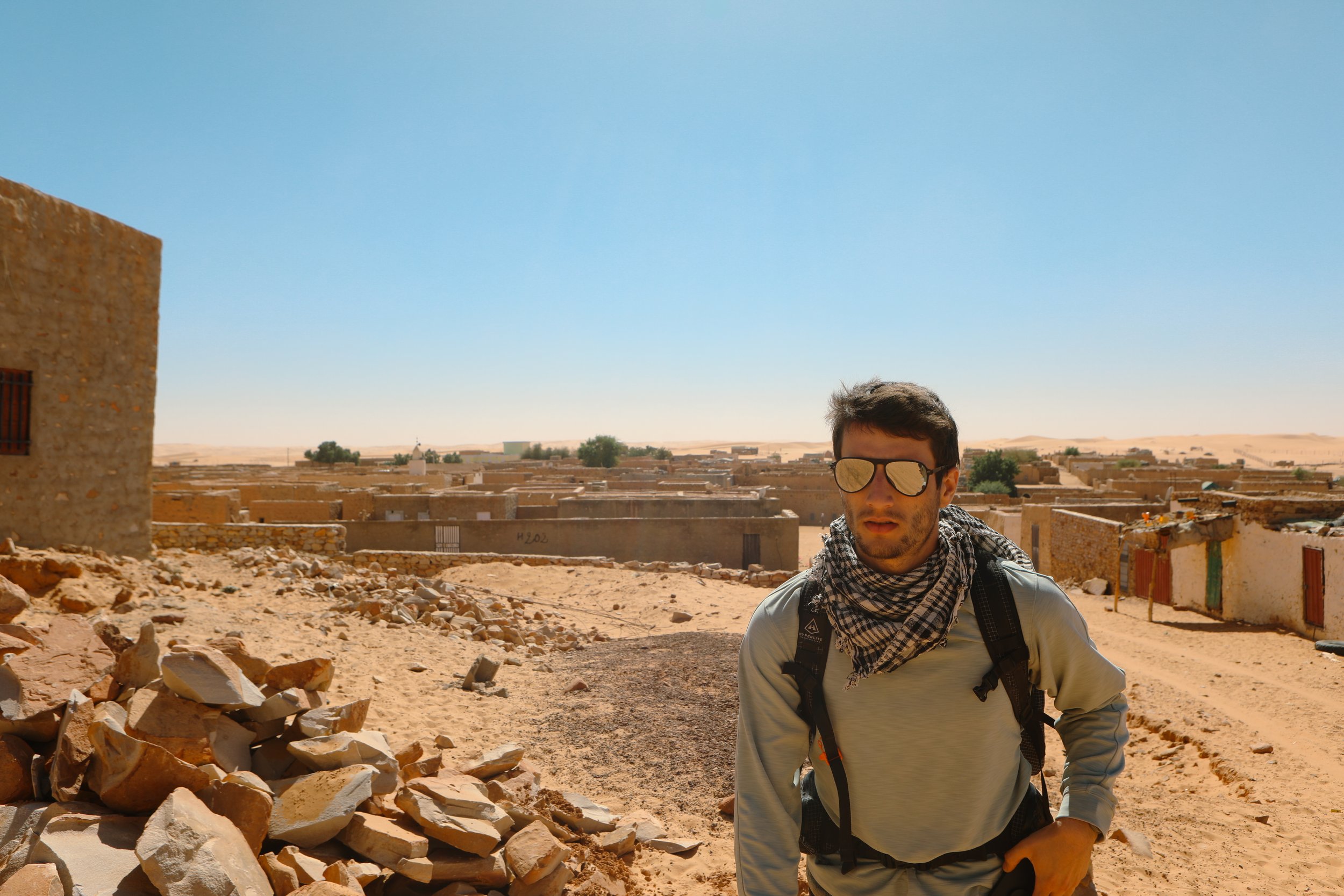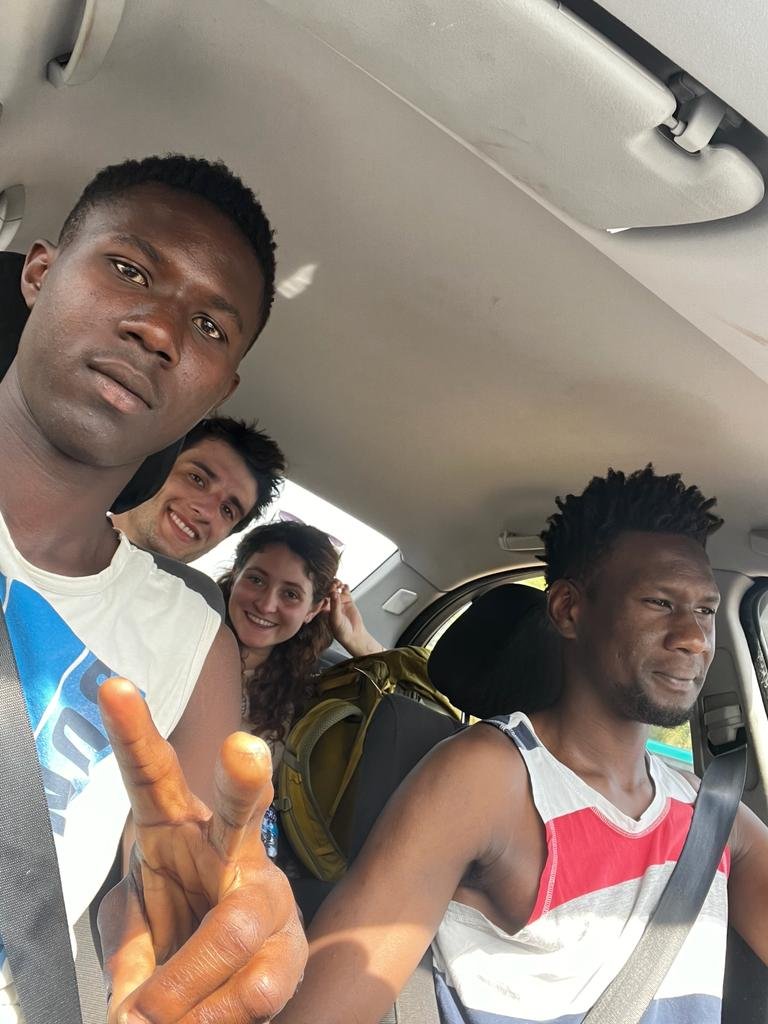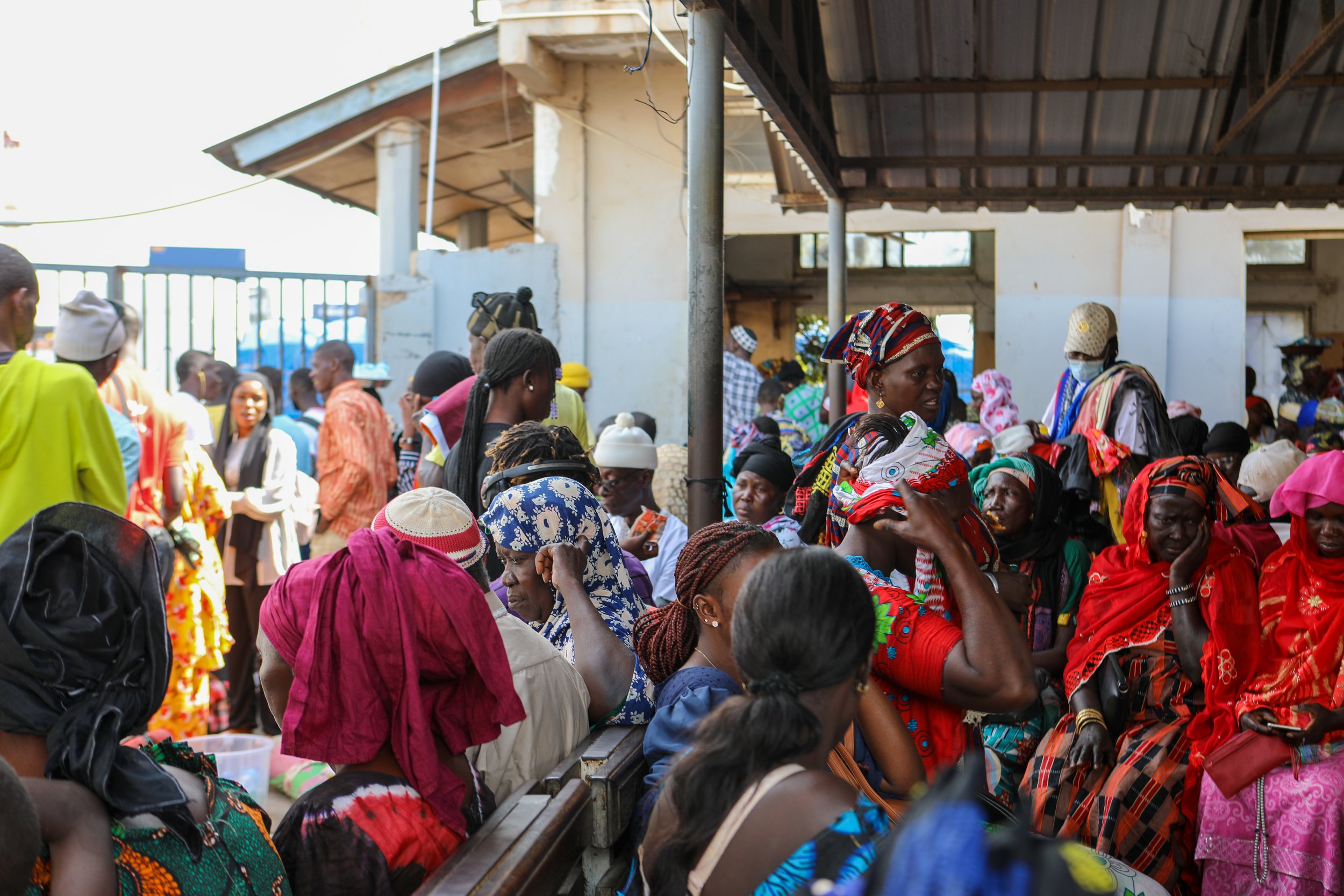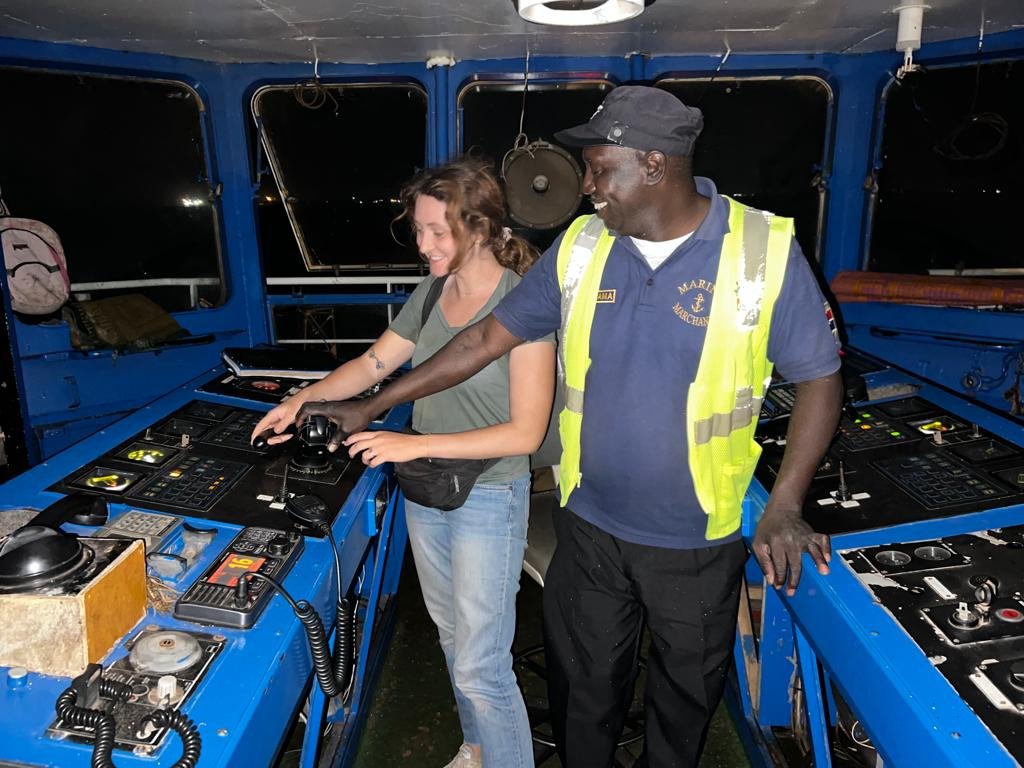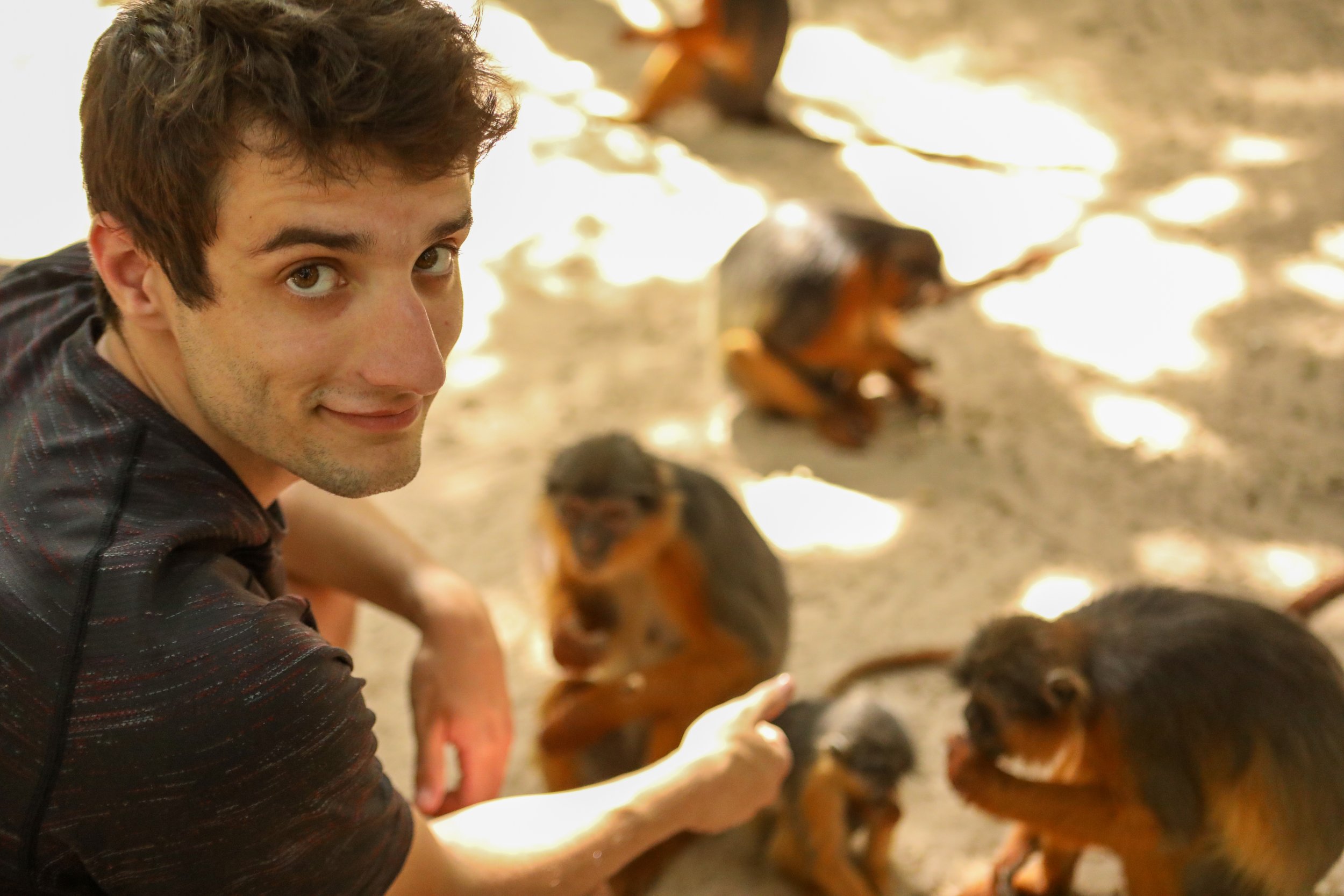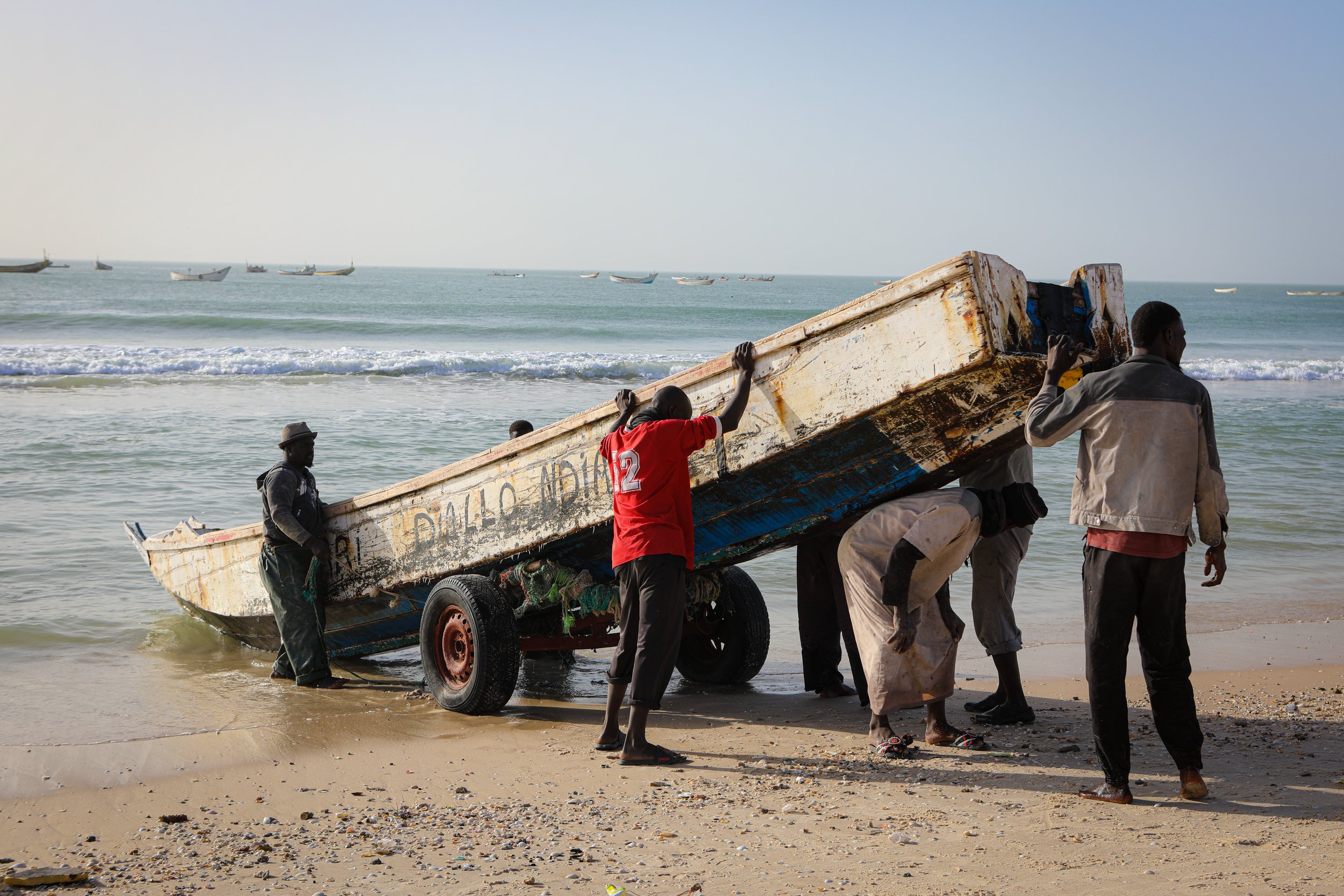Five years ago I wrote up a list of some of my favorite travel experiences - and now, at 110 countries, I thought it was time to provide some updates!
In 2018, my classmate said to me, “I really want to go to Crimea but none of my friends are willing to go with me–you go to pretty wild places, want to come along?” And of course I did, followed by a week of gallivanting through Simferopol, Sevastopol, and other gorgeous Crimean cities, stumbling across local fairs filled with pirogues and plov and Tatar dancing, studying for finals. We ran out of money before the end of our trip and couldn’t take out any more due to sanctions, but we just about made it until we were able to leave and head to Moscow. There, we spent Russian Independence Day watching tanks run down the street and jets scream above our heads.
That same year, my friend and I embarked on a road trip through every tiny city in Europe I had previously missed. While on a mission to get lunch in Lichtenstein, we ended up traveling through at least four countries in a day (Lichtenstein, Germany, Switzerland, Austria). We often slept in the car, waking up to the sunrise above Strasbourg and Munich.
In 2019, I went on a one month trip with my father through Southern Africa. We went scuba diving in Cape Town, saw sand dunes in Namibia, safari’d in Botswana, bungee jumped in Zambia, spent New Year’s Eve camped out in Zimbabwe, white water rafted through Victoria Falls, dove with sea lions in Mozambique, nearly got kicked out of the country on our way to Swaziland, and saw the world’s saddest waterfall in Lesotho (and possibly got malaria there as well).
2020–I finally embarked on my long dreamt of trip to Central Asia. Filled with chaos and beauty at every turn, I am still shocked that I emerged alive from that trip. Seeing gorgeous Islamic architecture and blue tiling, finding a cargo ship/ferry to take me across the Caspian Sea (and getting hit on by the captain), hitchhiking from the boat to a small town in Kazakhstan, being invited into random homes for lunch, then getting suck in that town with no money and having to barter my headphones for a ride across the border into Uzbekistan, etc.
In December 2019, I met my incredible partner–the beginning of many adventures. Teaching Cole to scuba dive in Hawaii, coffee tasting in Columbia, getting kicked out of Barbados for having the wrong PCR test, diving with sharks in the Maldives (where I got so hungover on my last night I could barely leave the hotel), visiting (nearly) every cathedral in France, sleeping in the Barcelona airport after messing up on 24-hour time, exploring the Amazon Rainforest in Ecuador (my country #100!!!!!), climbing 300 vertical meters to visit the Tiger Cave in Thailand in the pouring rain, finding him rabies shots after being bitten by a monkey on a jetski, and wandering around Angkor while delirious from heat stroke.
Spring 2022, walking through Israel with my mother, seeing where I had taken my first steps at the Wailing Wall, visiting Masada, spending time with my momma.
Summer 2022, I visited my dad in Rwanda, and together we crossed the border in the DRC. There, we hiked hours to see East African gorillas and watch families of primates roll around in the forest and groom each other. We visited a Chimpanzee Rehabilitation Centre, met a local community of native Pygmy people, and drove through the countryside with anti-UN killings and escalating going on just a few kilometers away.
Later that summer, I spent a week with my best friends in Porto, eating the best sardines of my life made by Hannah and grilled by Grace, drinking Port, playing music until 3am every night, and reading by the beach.
And still that same summer, I hitchhiked for two weeks around Morocco. Losing my passport on day 1, we searched through the desert to try to find the diving school car that had it. Being contacted a week later on Twitter that some man saw it in a different town and let me know where to find it–and it was there! Sadly at the same time, my mother had mailed me my other passport, which was apparently illegal, and it is still to this day being held by Moroccan authorities.
December 2022, I went hitchhiking again, but this time in West Africa! My friend Jake and I rode on top of a 20-hour iron-ore train through the Sahara desert in Mauritania (on Christmas), which was one of the most beautiful and peaceful experiences of my life. We hitched a ride with the ambassador to Senegal, who gave us a place to stay, papers to cross the border, and even cash that he insisted was worthless to him. Jake and I were nearly stranded in many places that trip, sitting in the sun outside Chinguetti listening to early 2010s music, riding busses and motorbikes on our long journey to and from King Kunta Island in The Gambia. We often found ourselves in the middle of nowhere and loved absolutely all of it.
After celebrating the best day of my life on June 17 in Sitges, Spain, Cole and I embarked on an adventure. Our time in Thailand and Cambodia was filled with white water rafting, lots of scuba (he got his advanced license!), zip lining, hitchhiking, actual hiking, a cooking lesson, hot springs, jetski (where Cole got bit by a monkey oh no), rock climbing, temple hopping, and more. BUT, he had to leave our trip because he got his dream job, leaving me to explore all of Vietnam solo. I made my way up the coast via hitchhiking on the backs of motorbikes and sleeping on busses, walking 15 miles a day in the 95 degree heat and reading like a maniac. The trip culminated with a three day motorbike tour through the Ha Giang loop, where I wound through mountains and clouds, through lush green mountains and torrential rain, through red mud and the most beautiful landscapes of my life, in a place seemingly untouched by time.
I ended my South East Asia trip by visiting my dad in AlUla, Saudi Arabia, which was filled with gorgeous landscapes and protected areas and history and culture. There, I decided to run 3 miles at noon in 105º heat, of course immediately giving me heat stroke from which I was only recovered by a sunset picnic at Elephant Rock with delicious Pakistani food and pink lines running through the sky.
I am very excited for the future, and where the rest of my travels take me. :)
